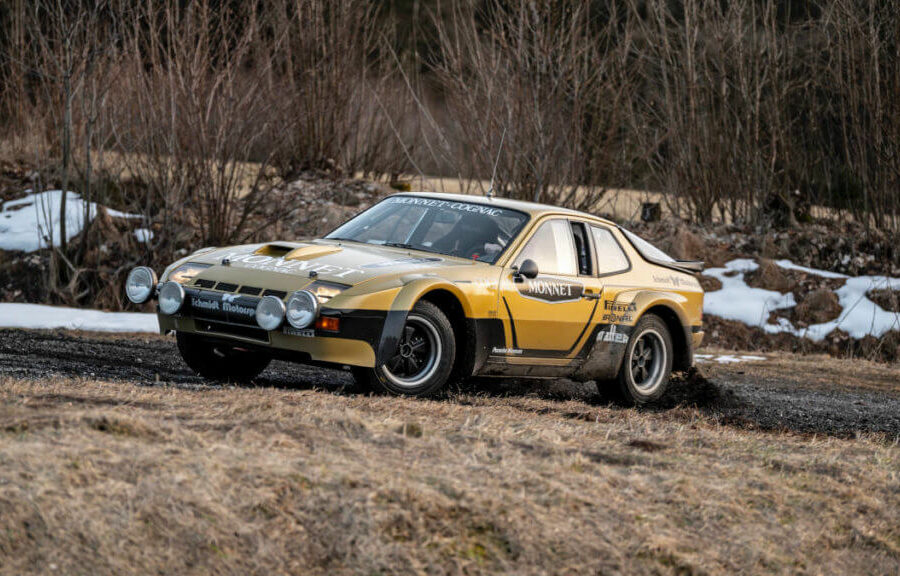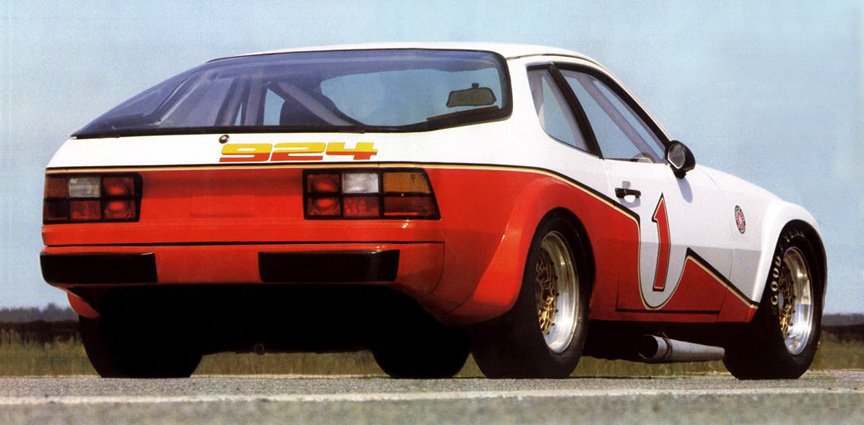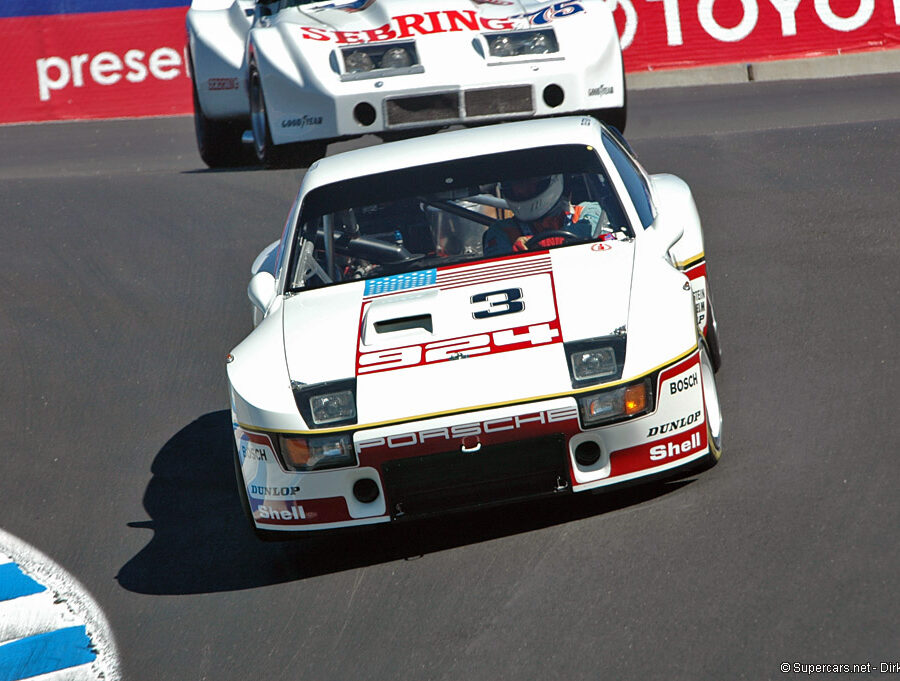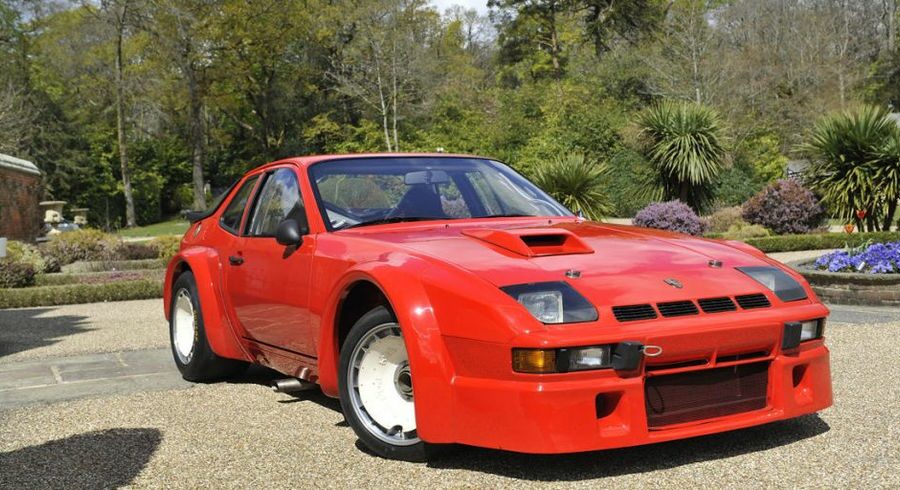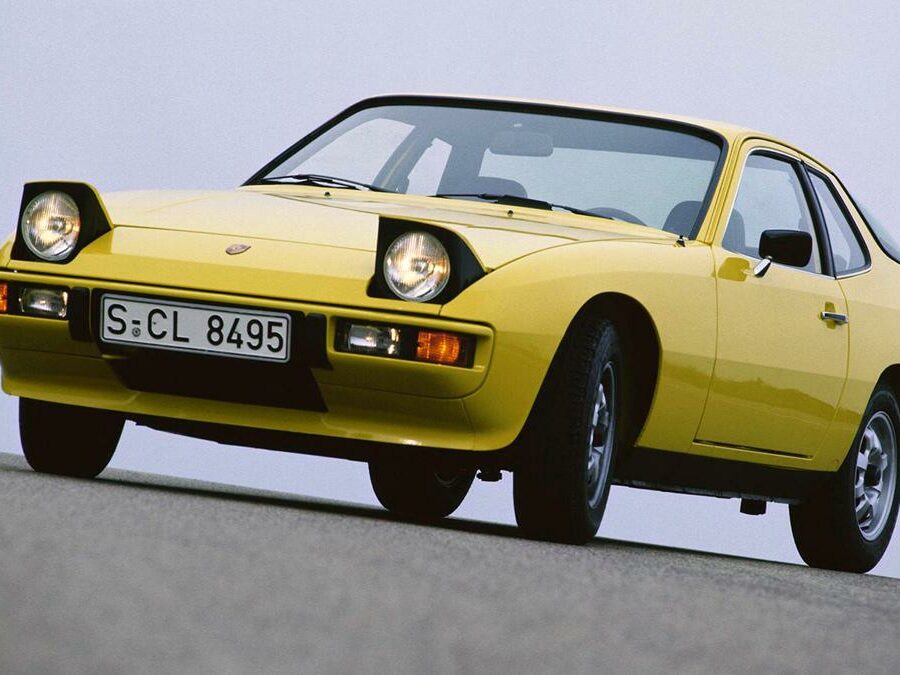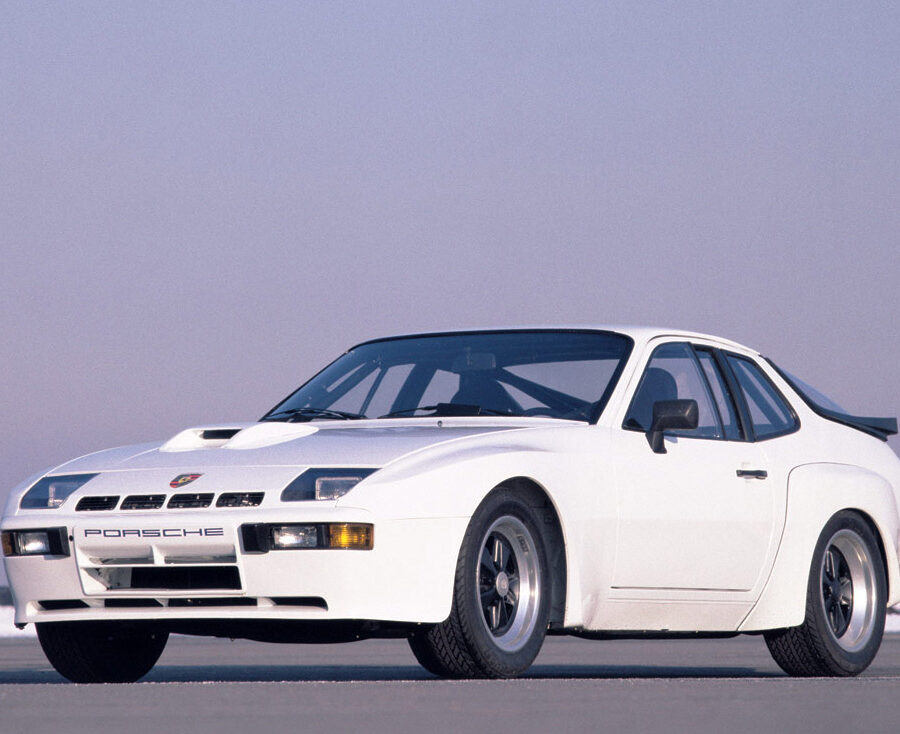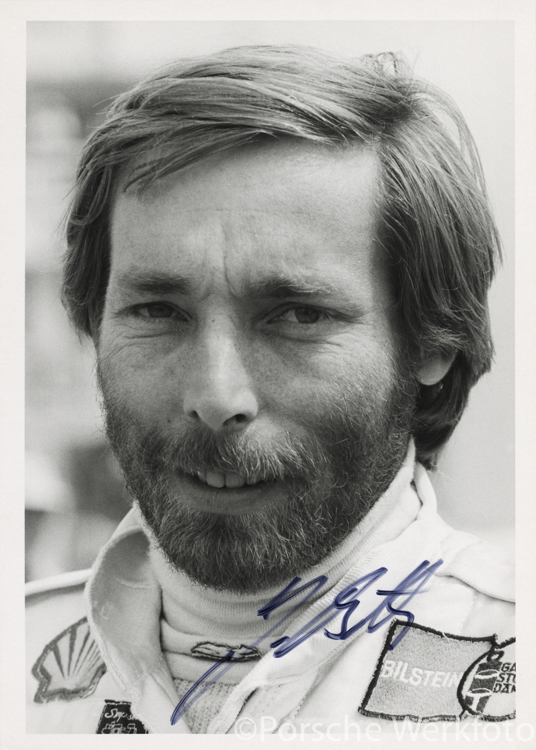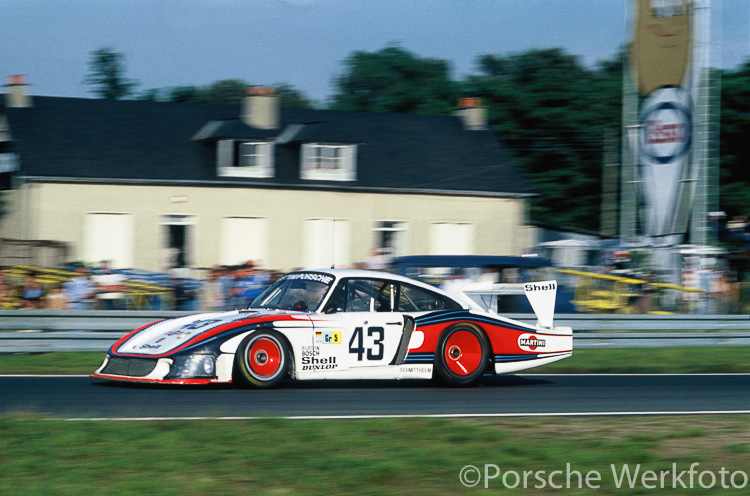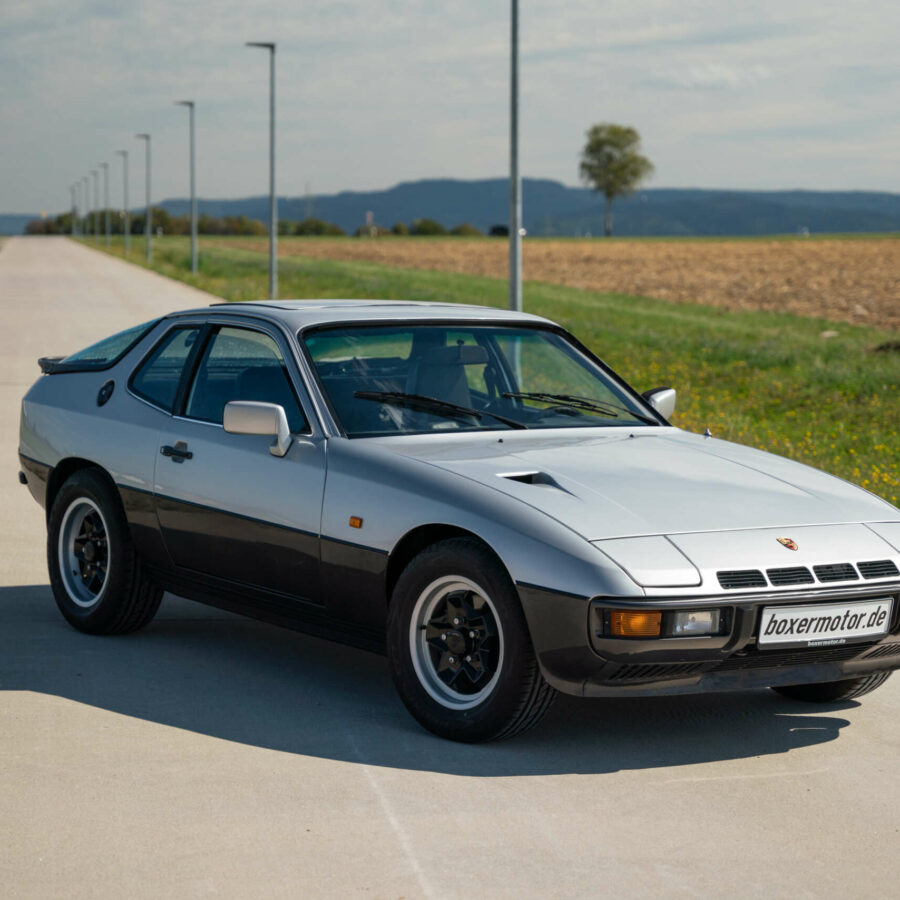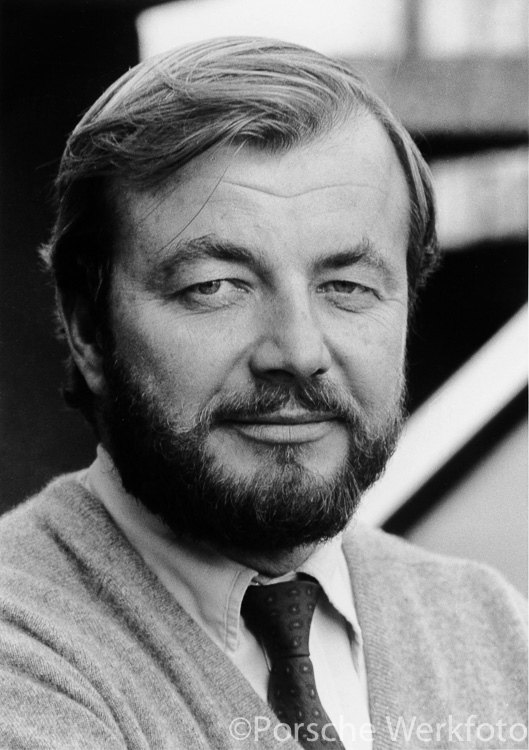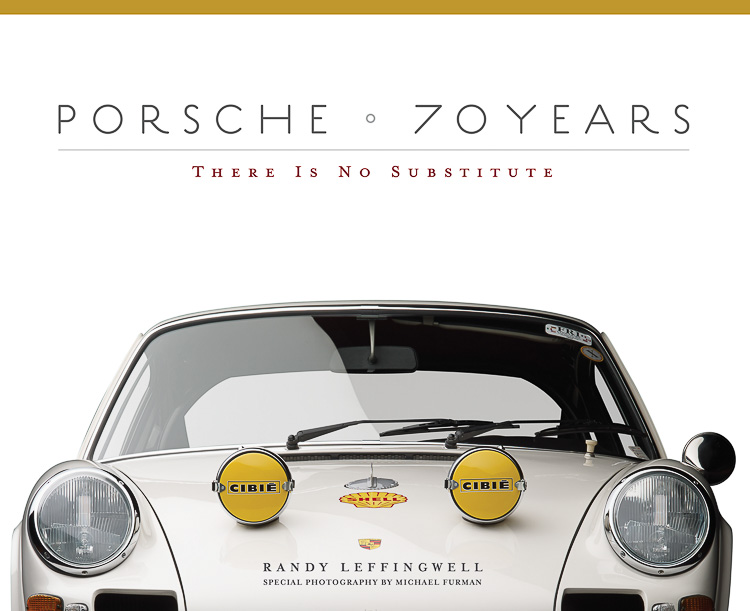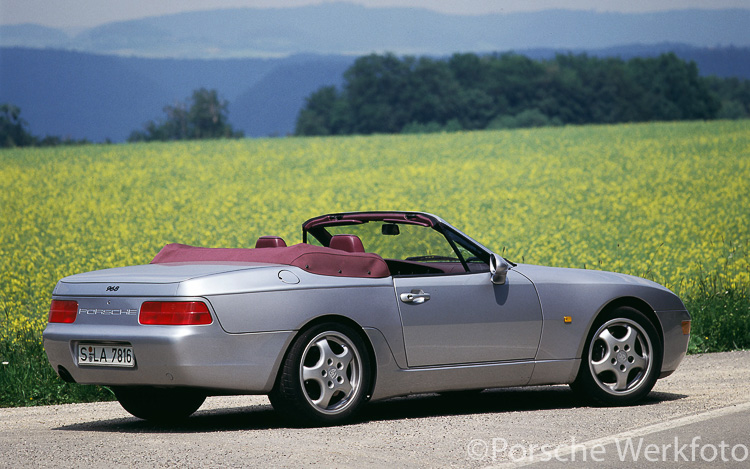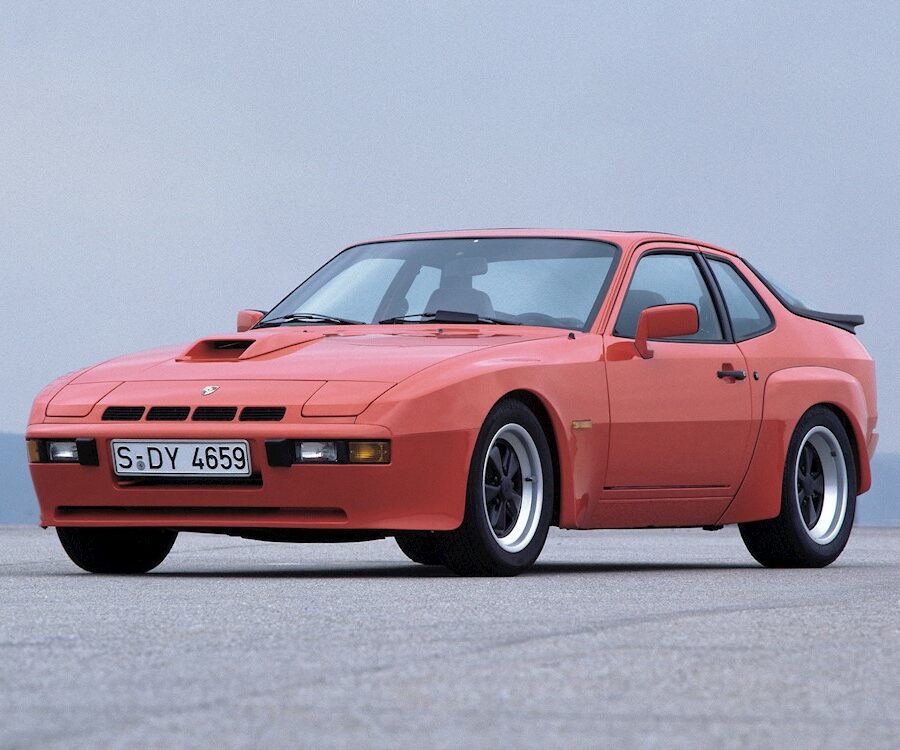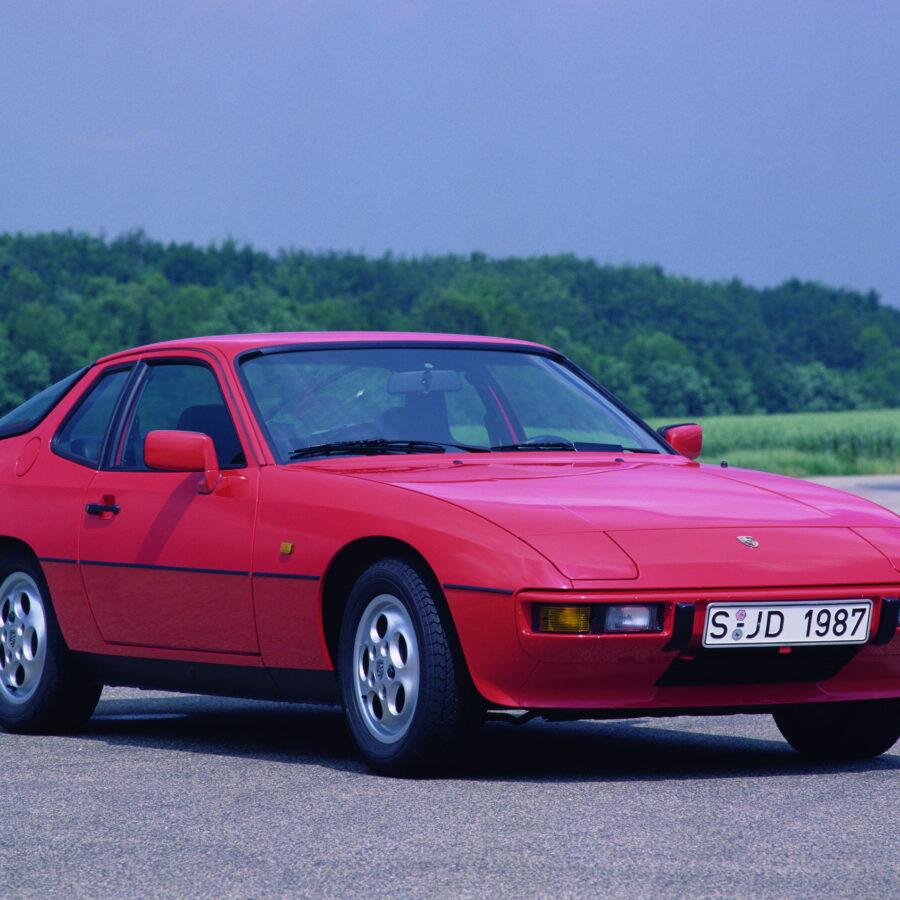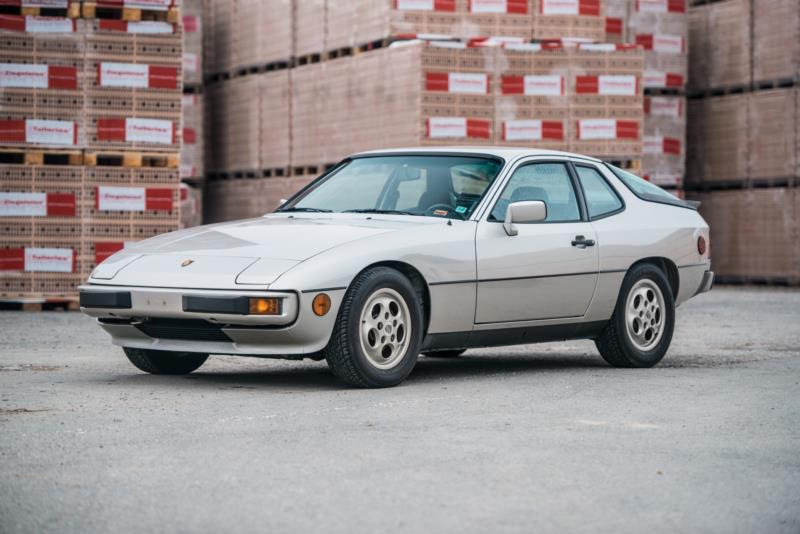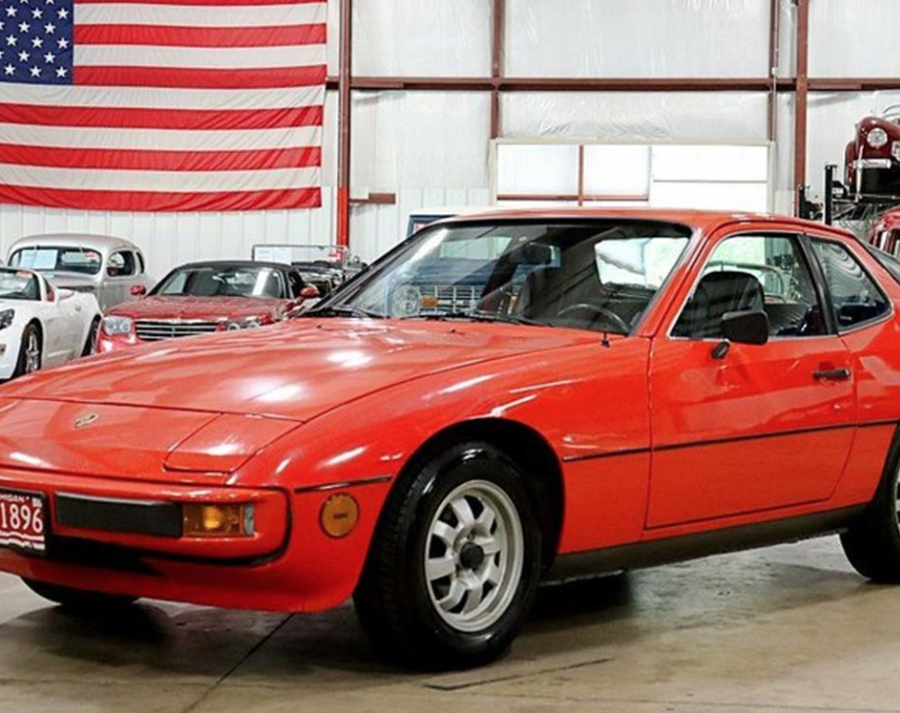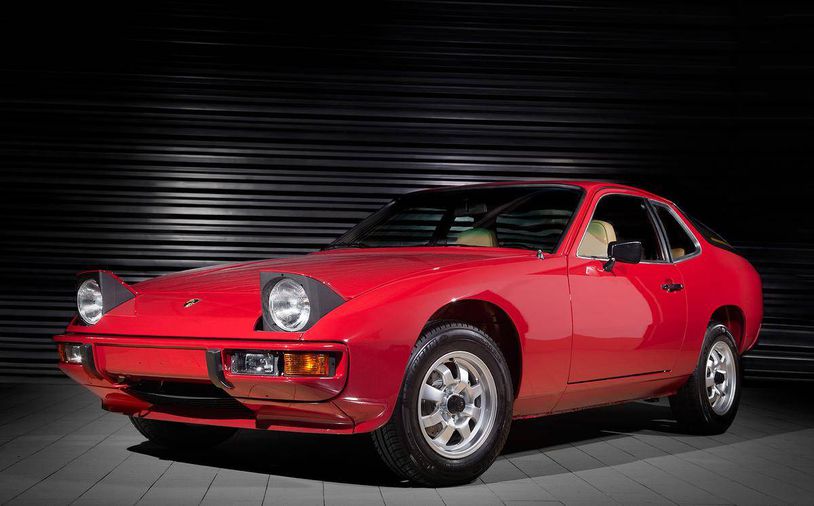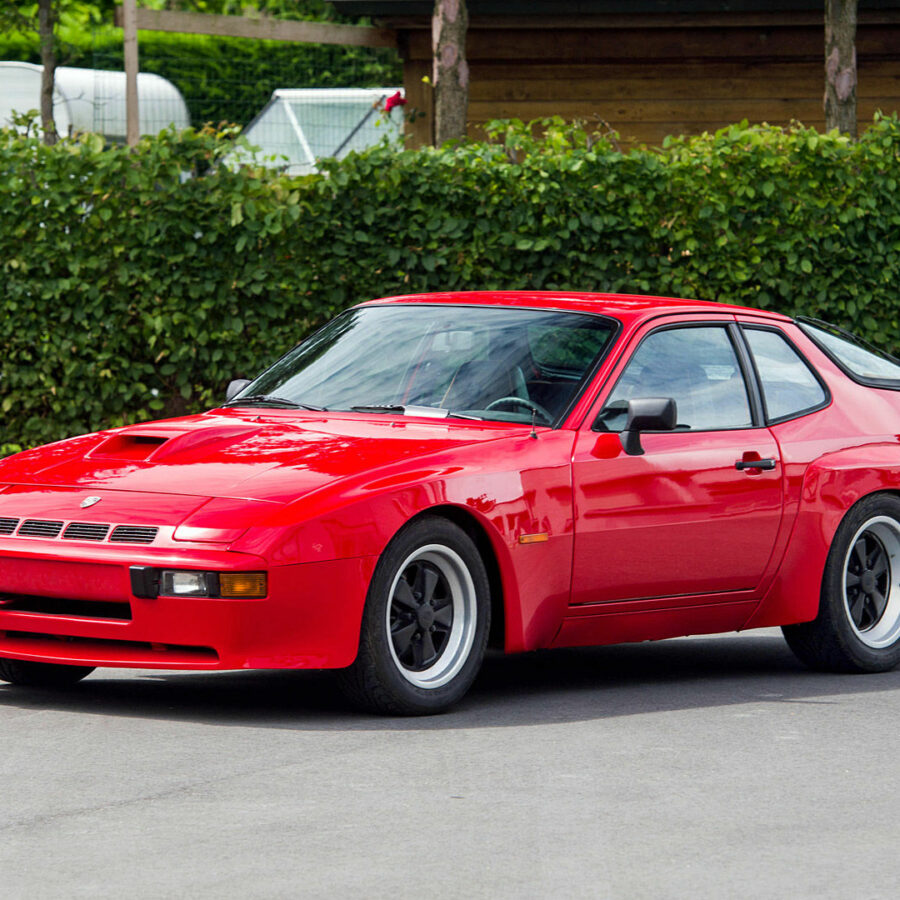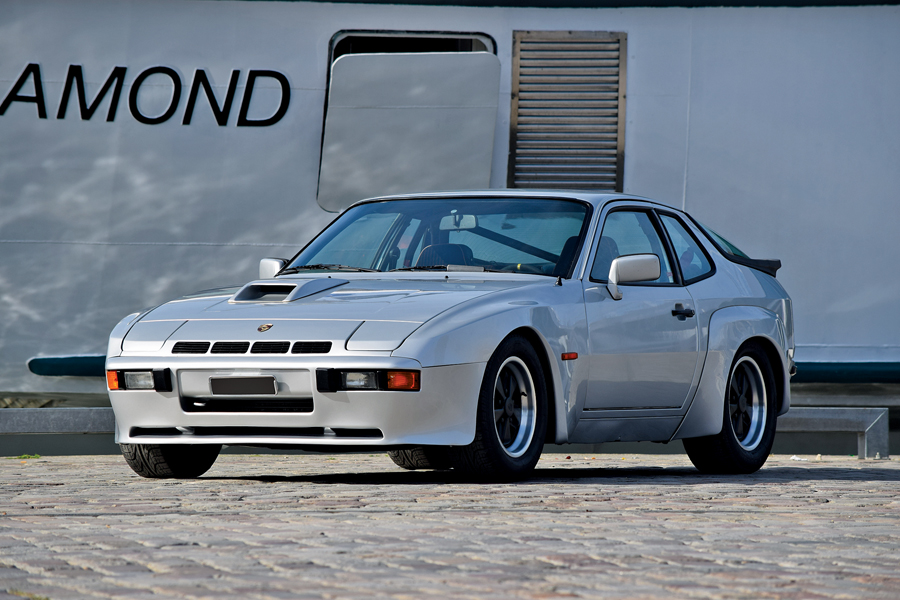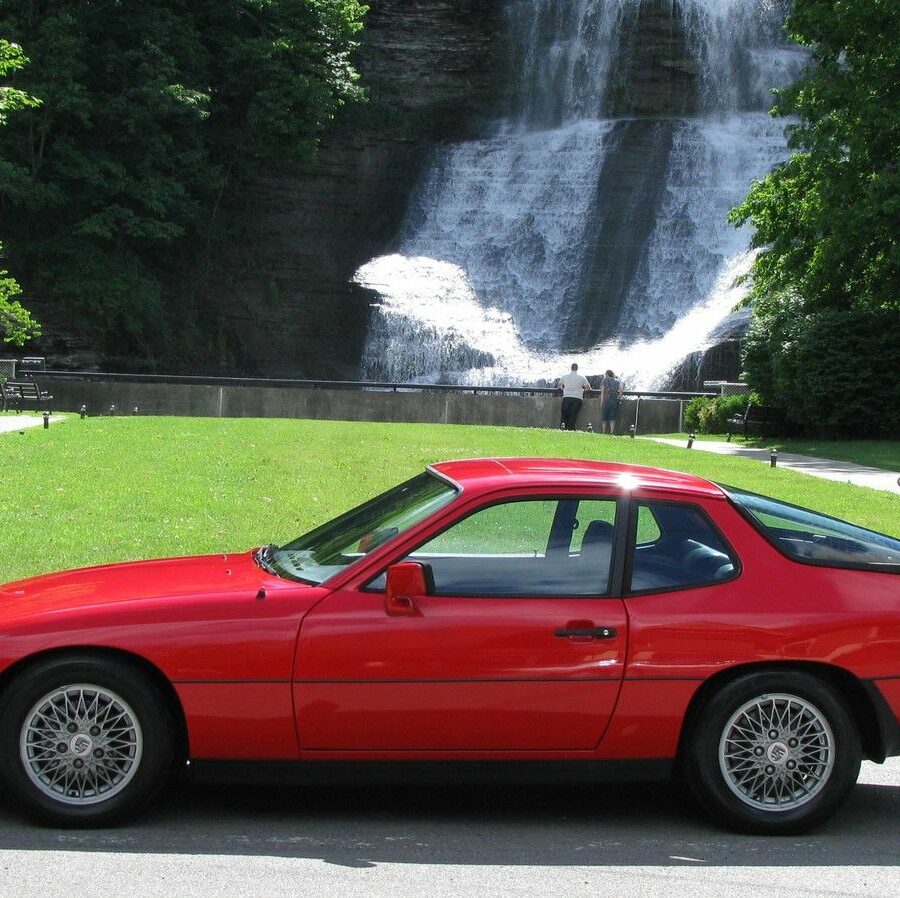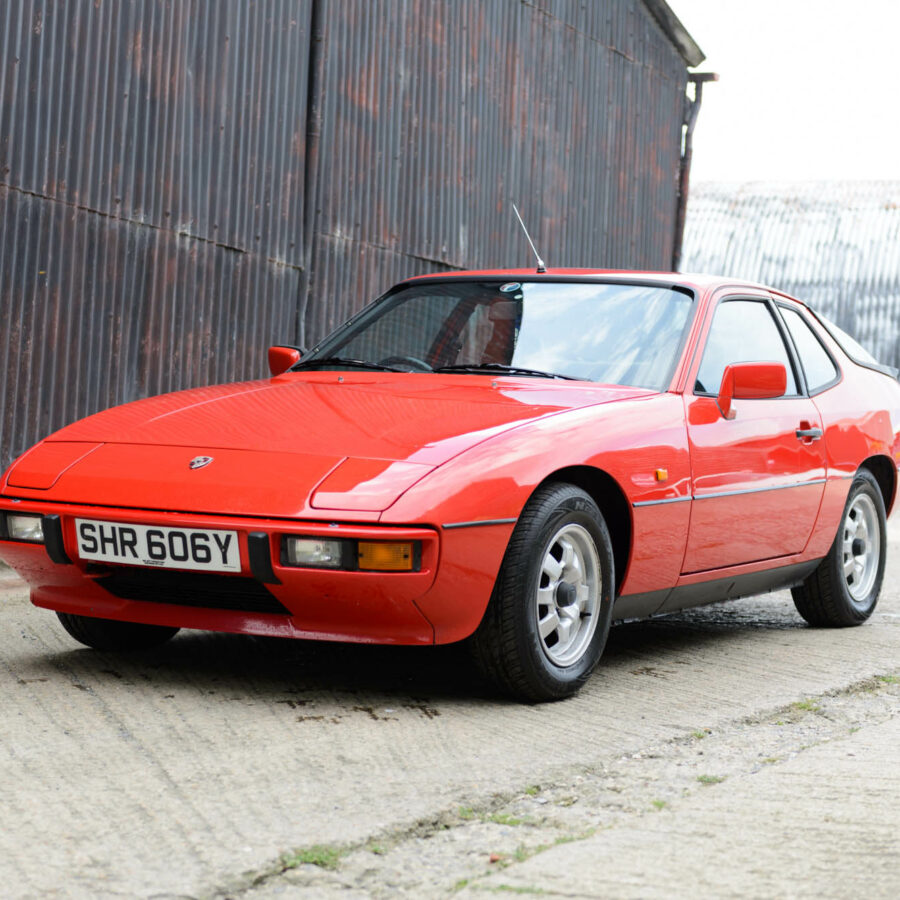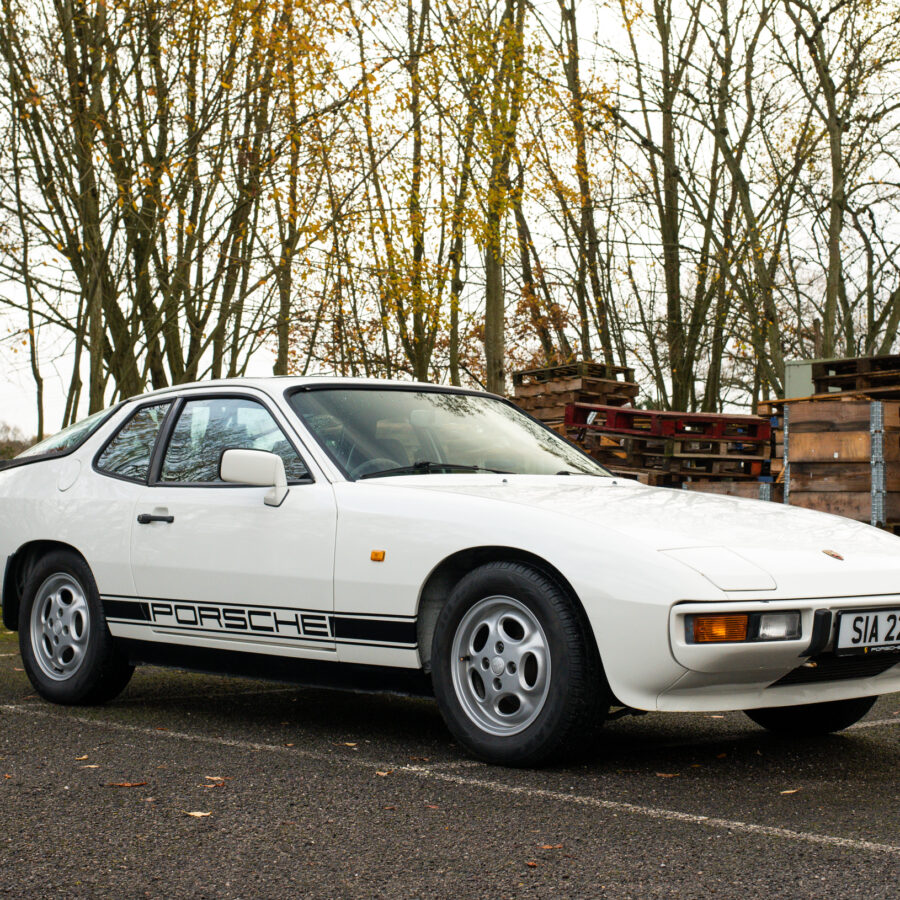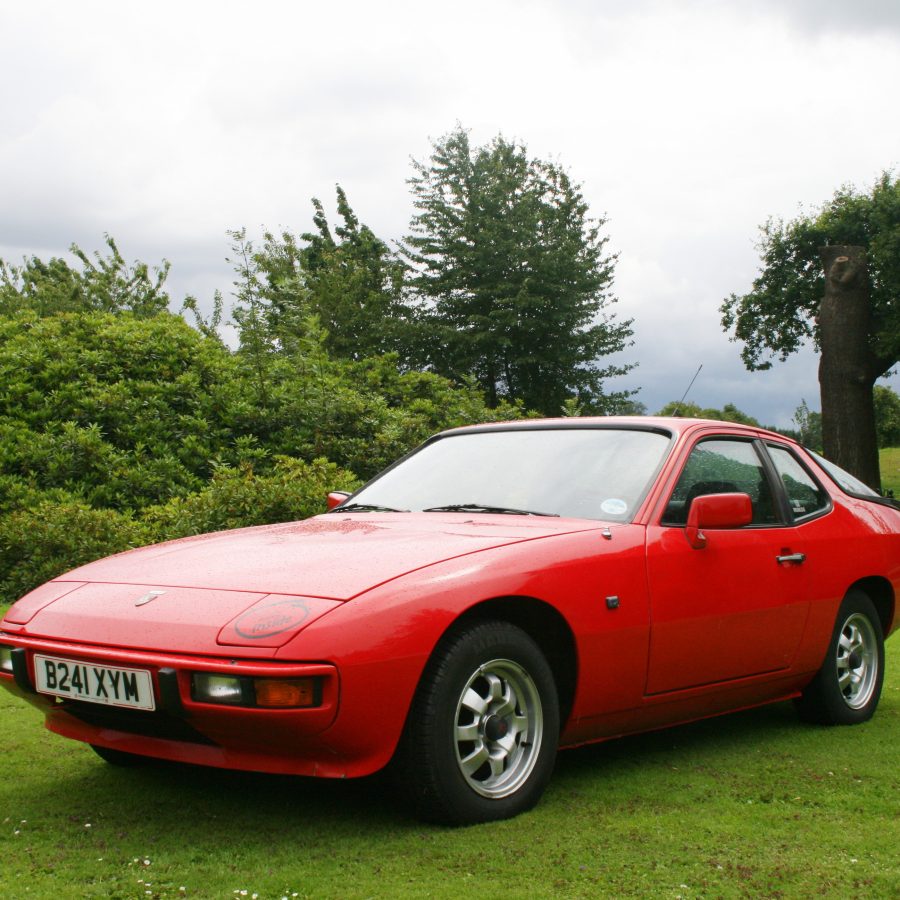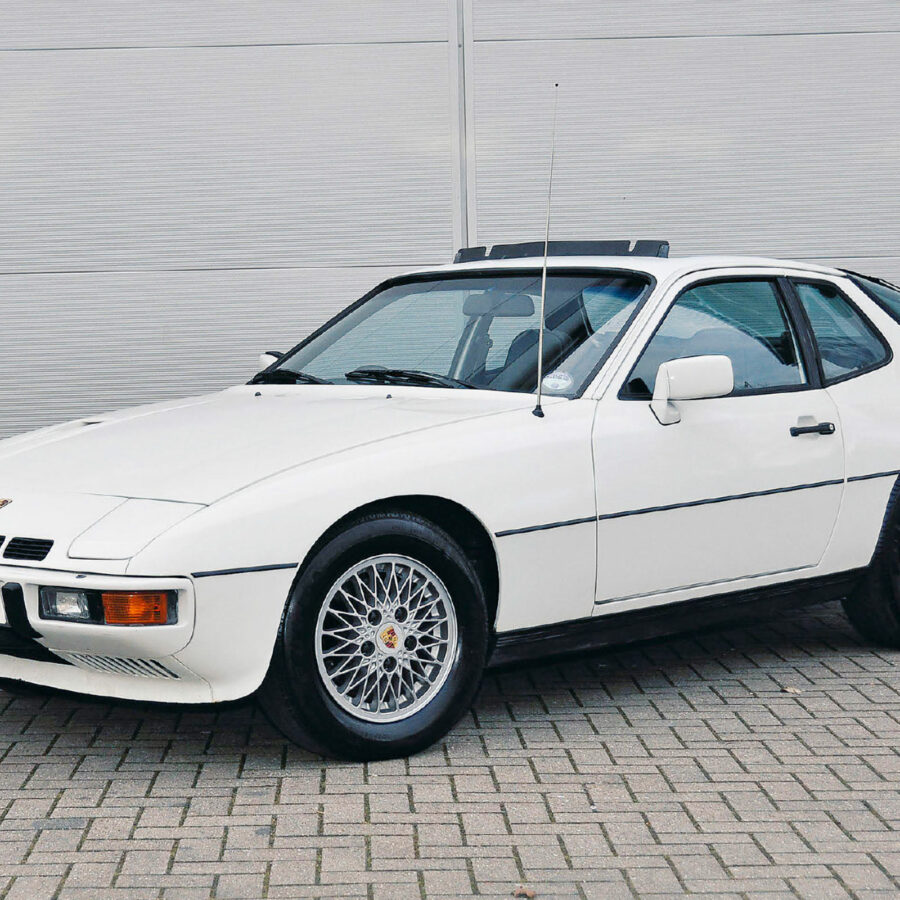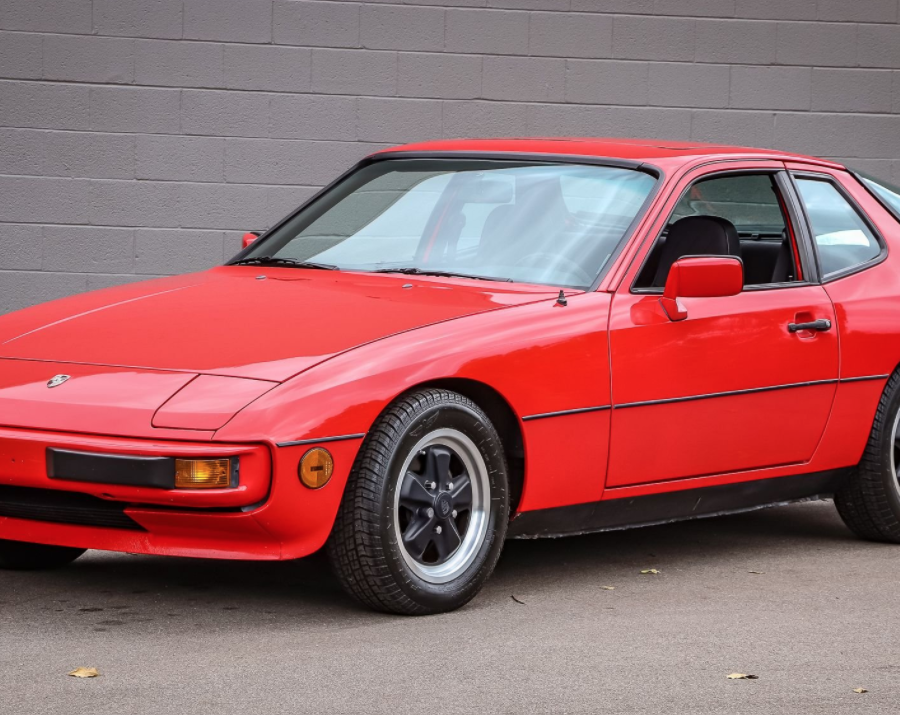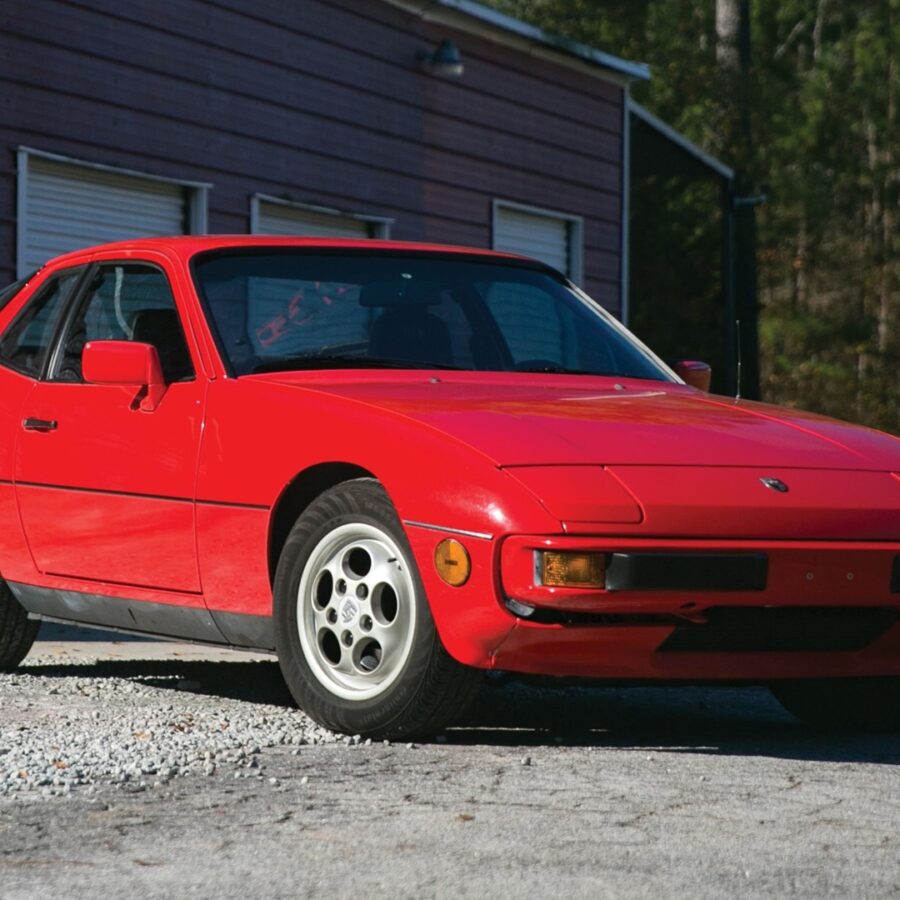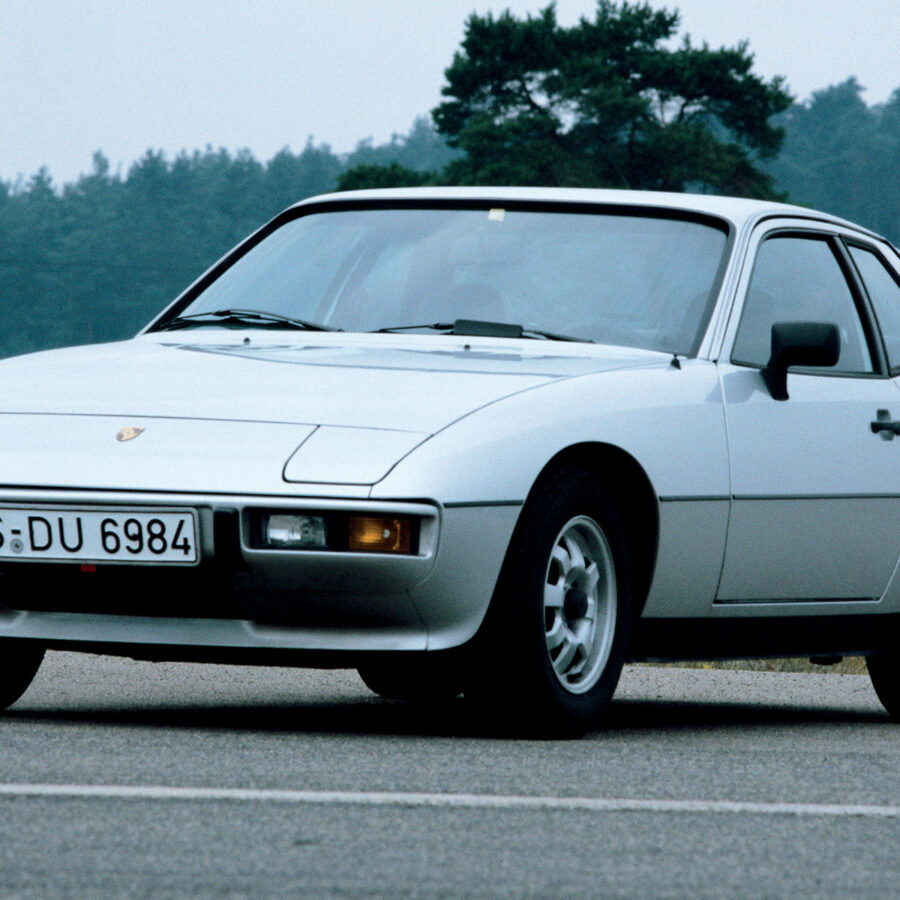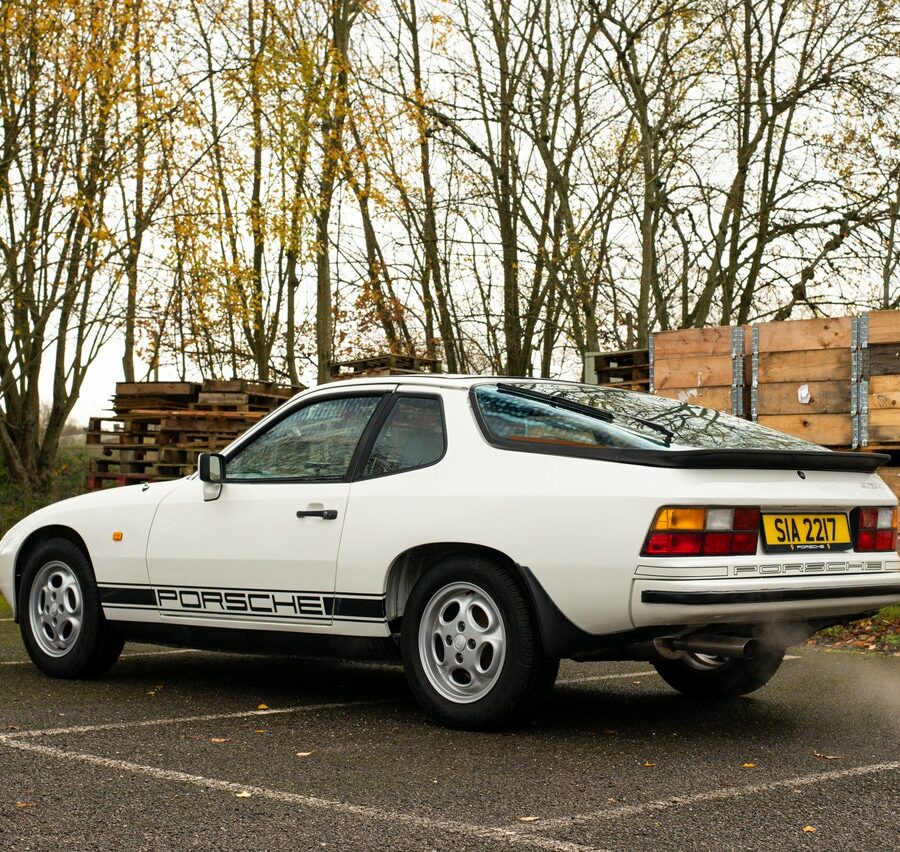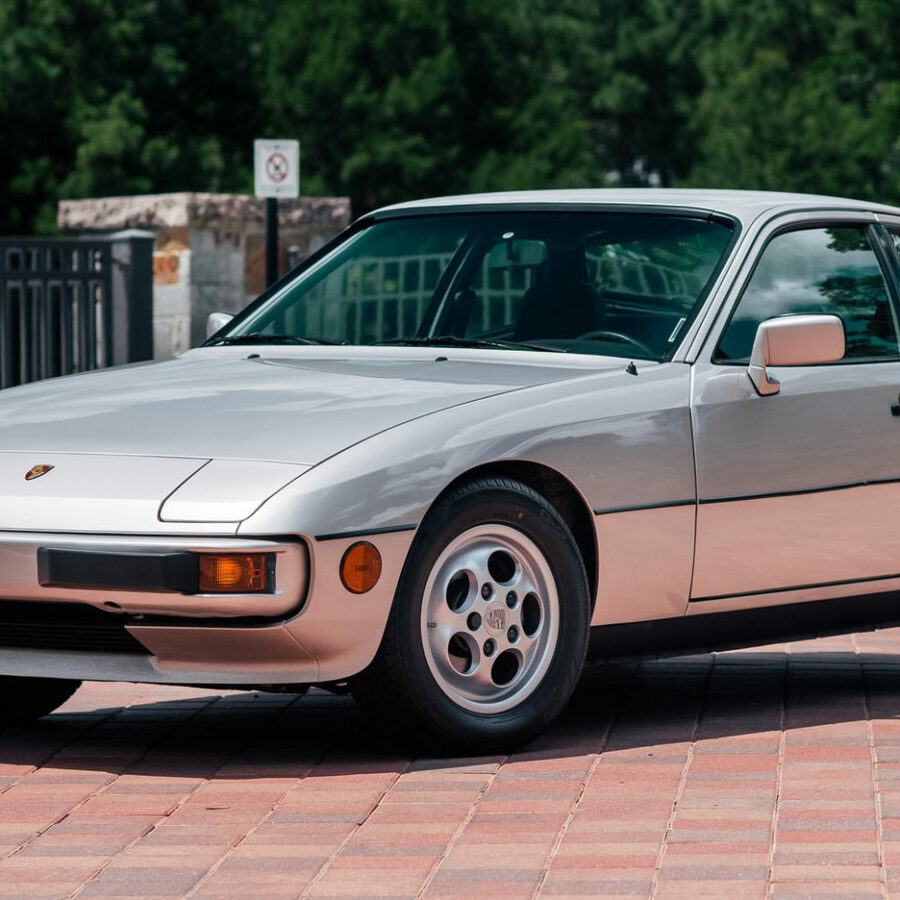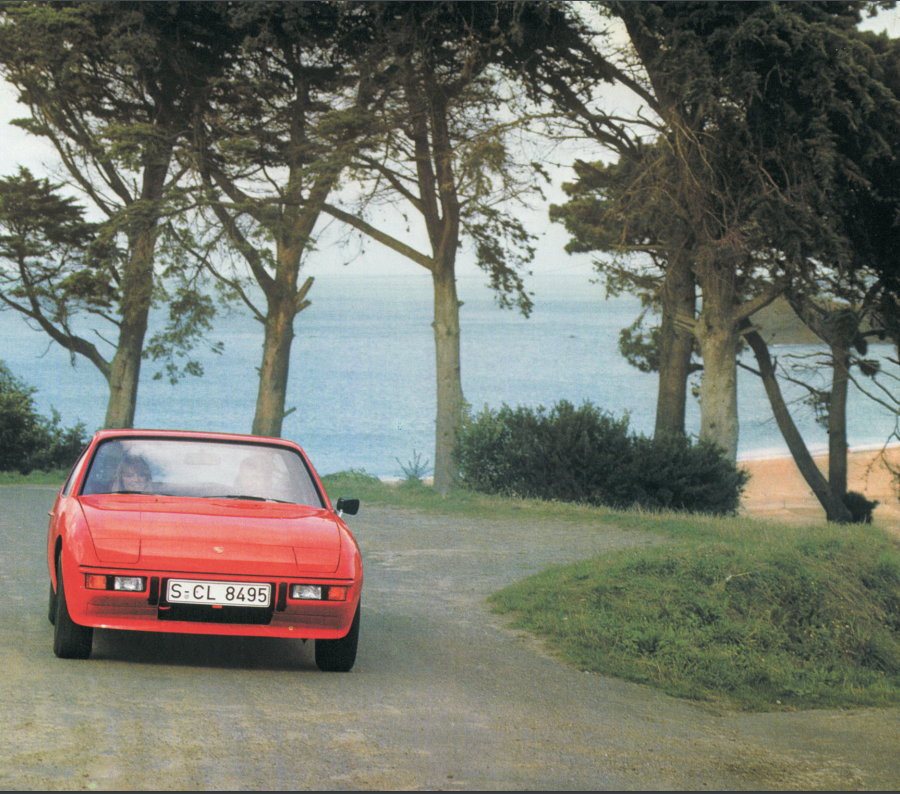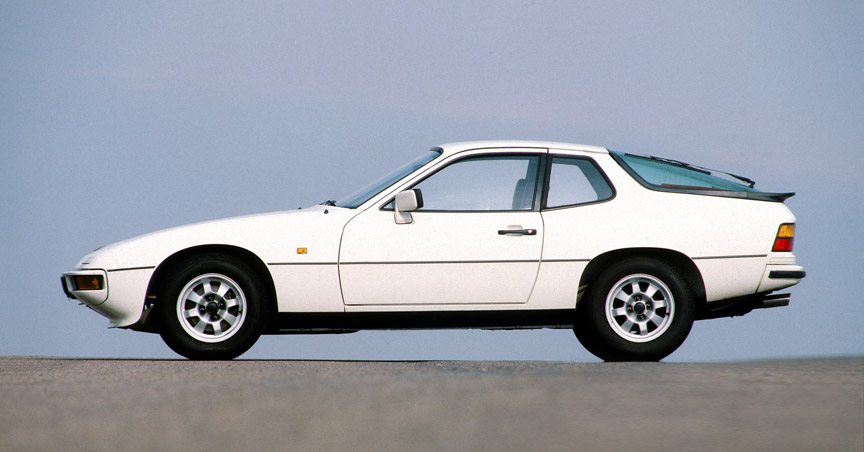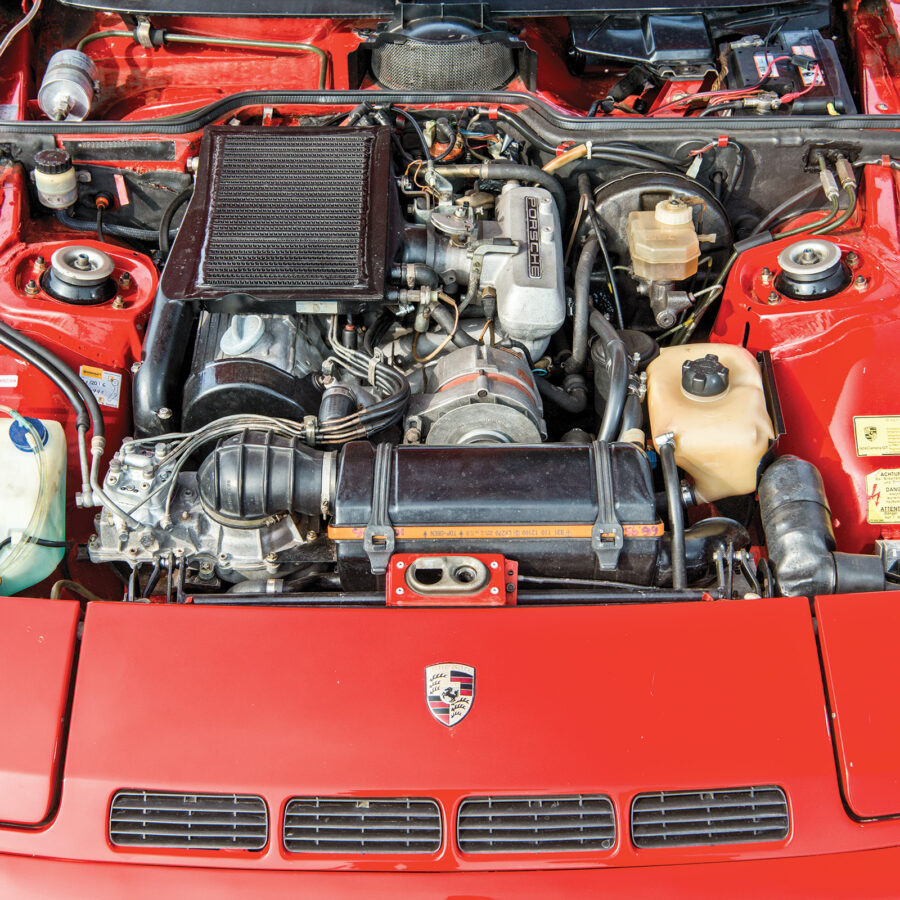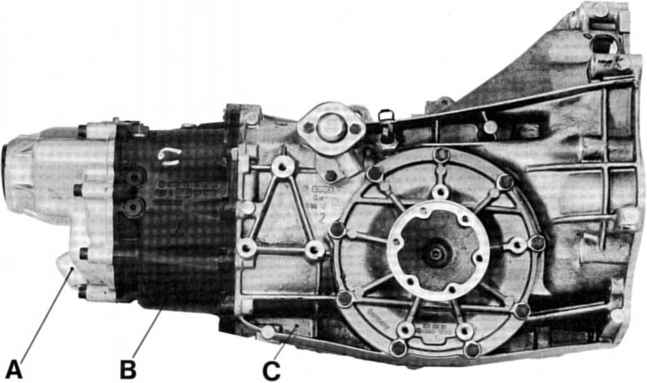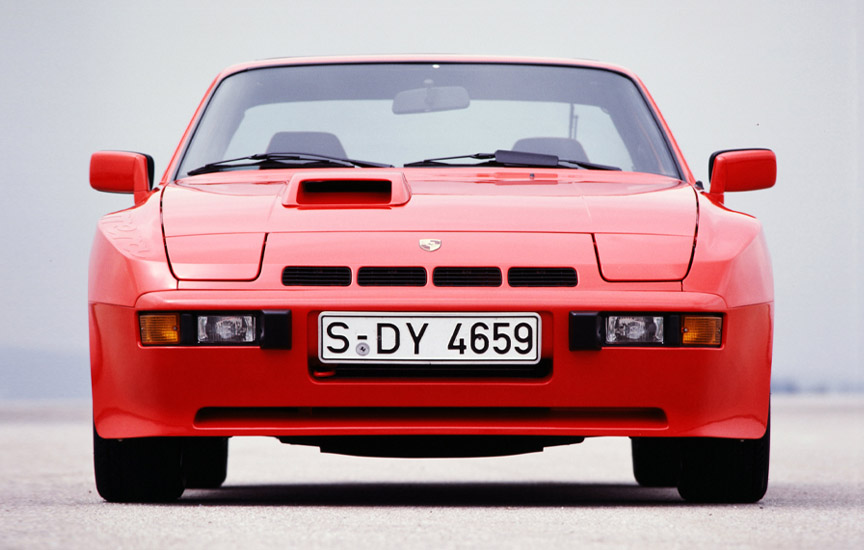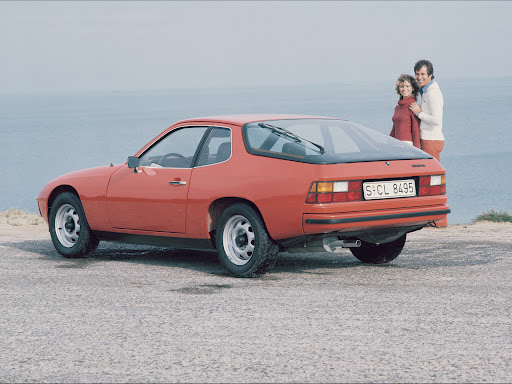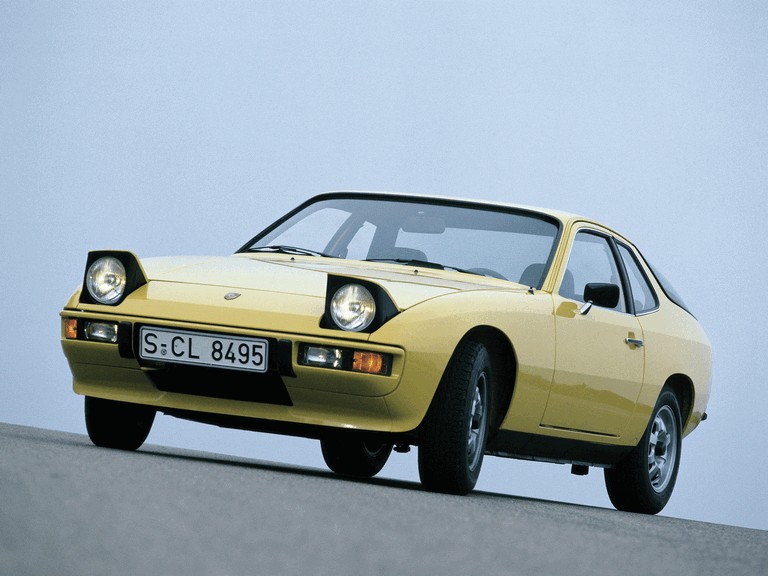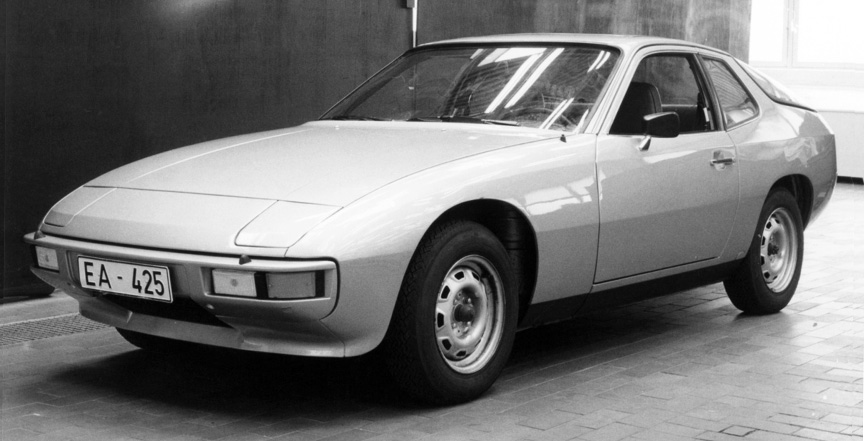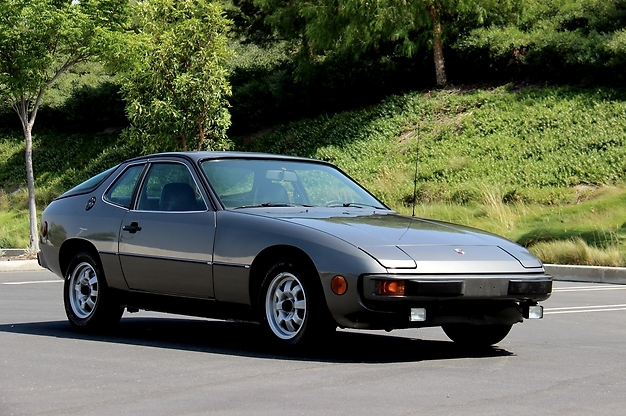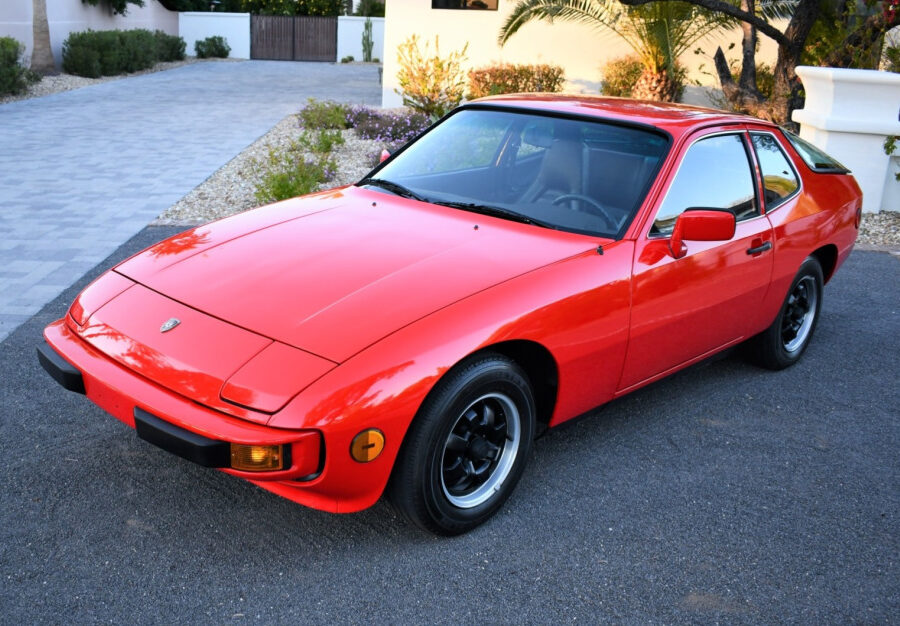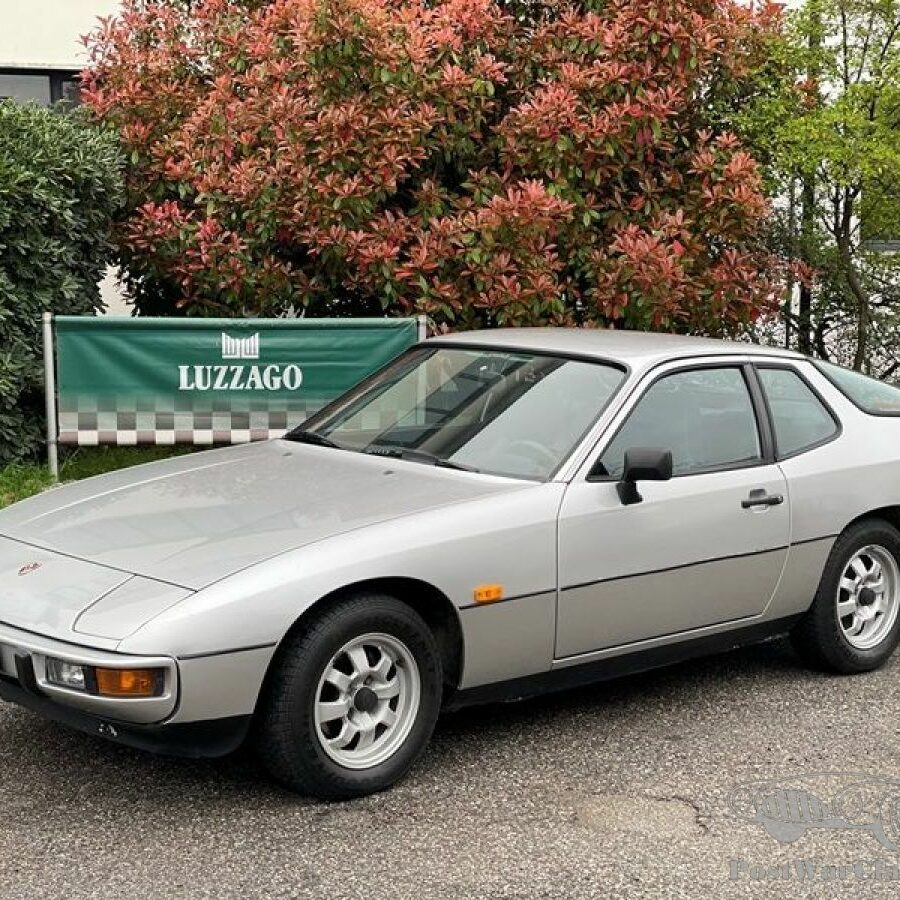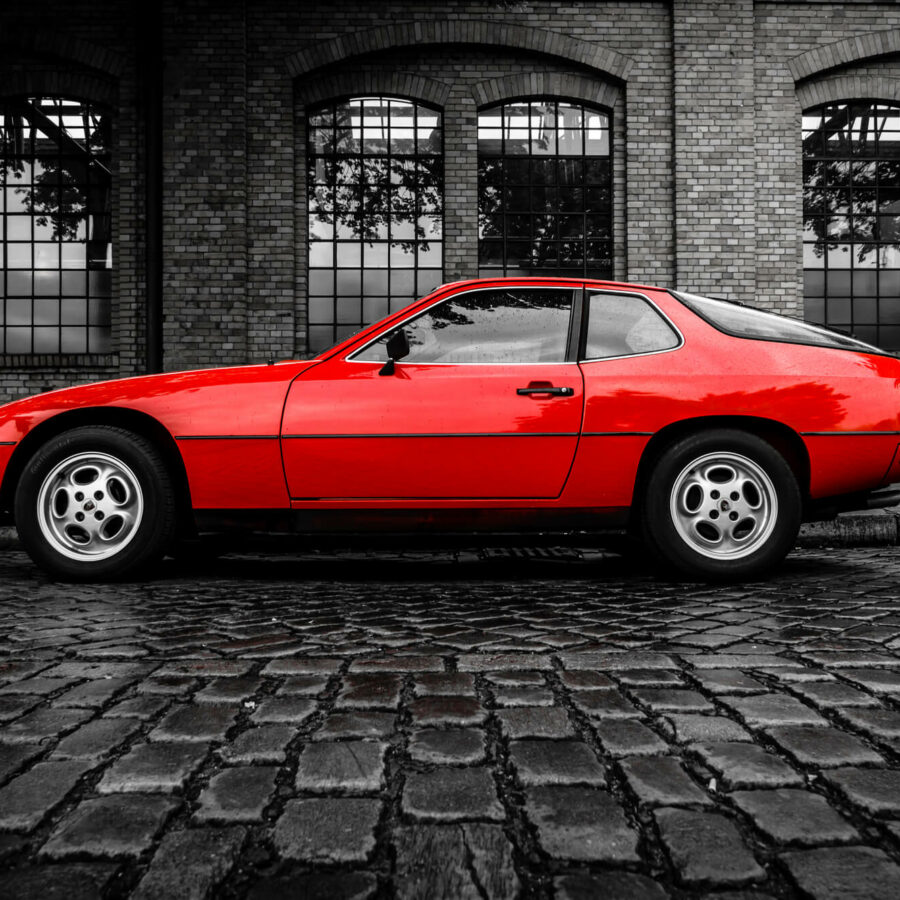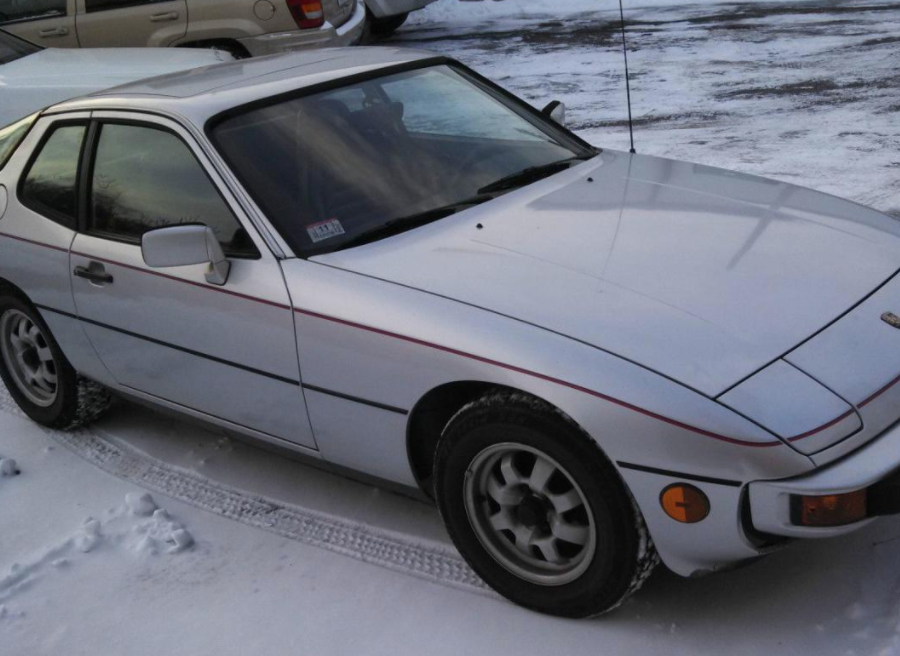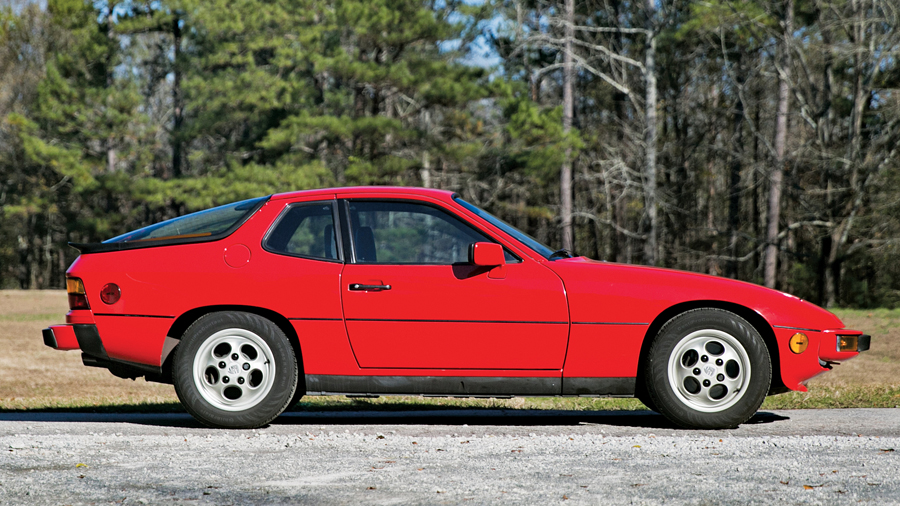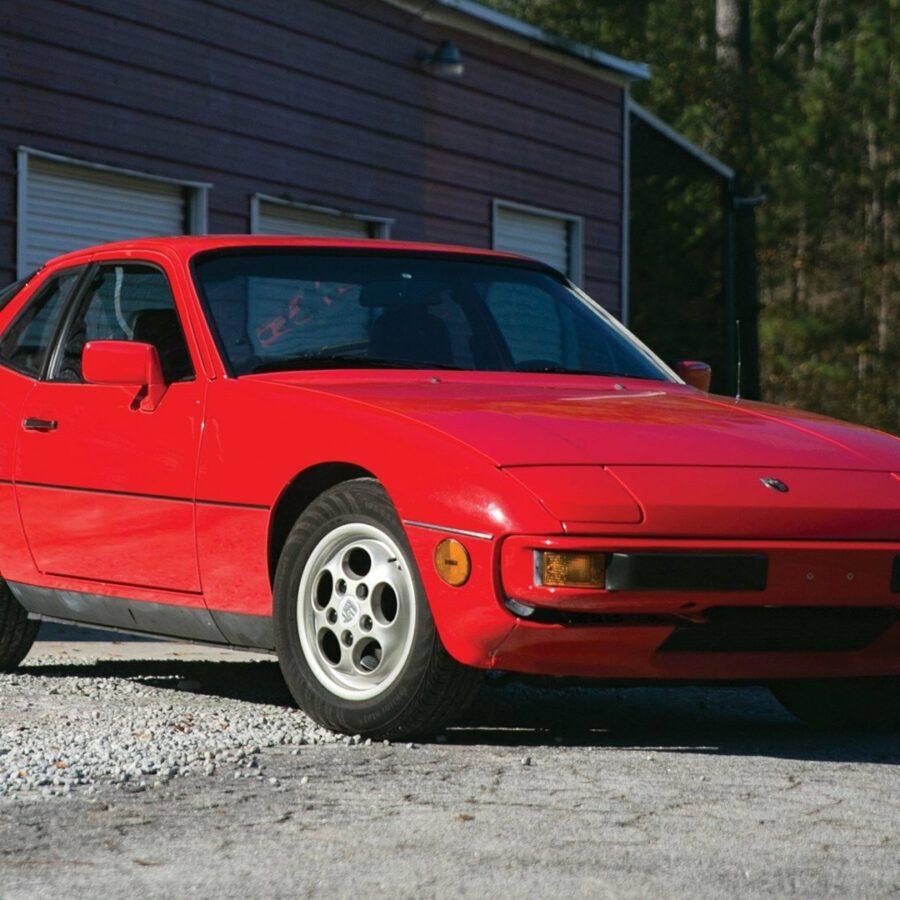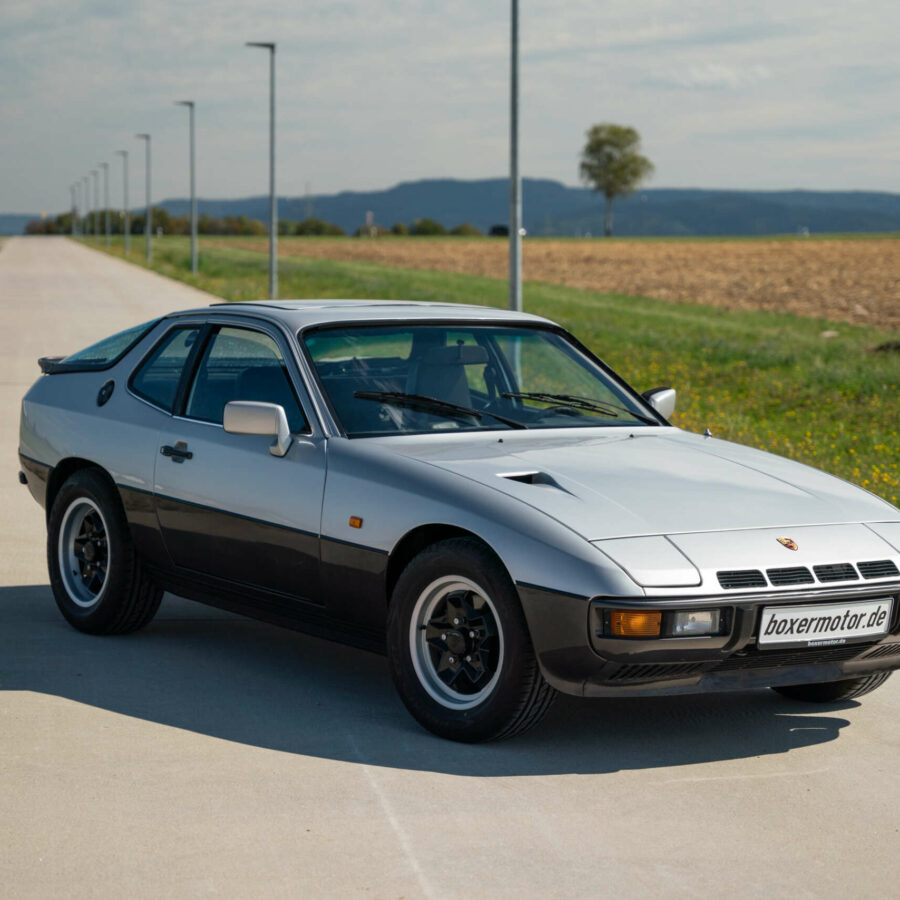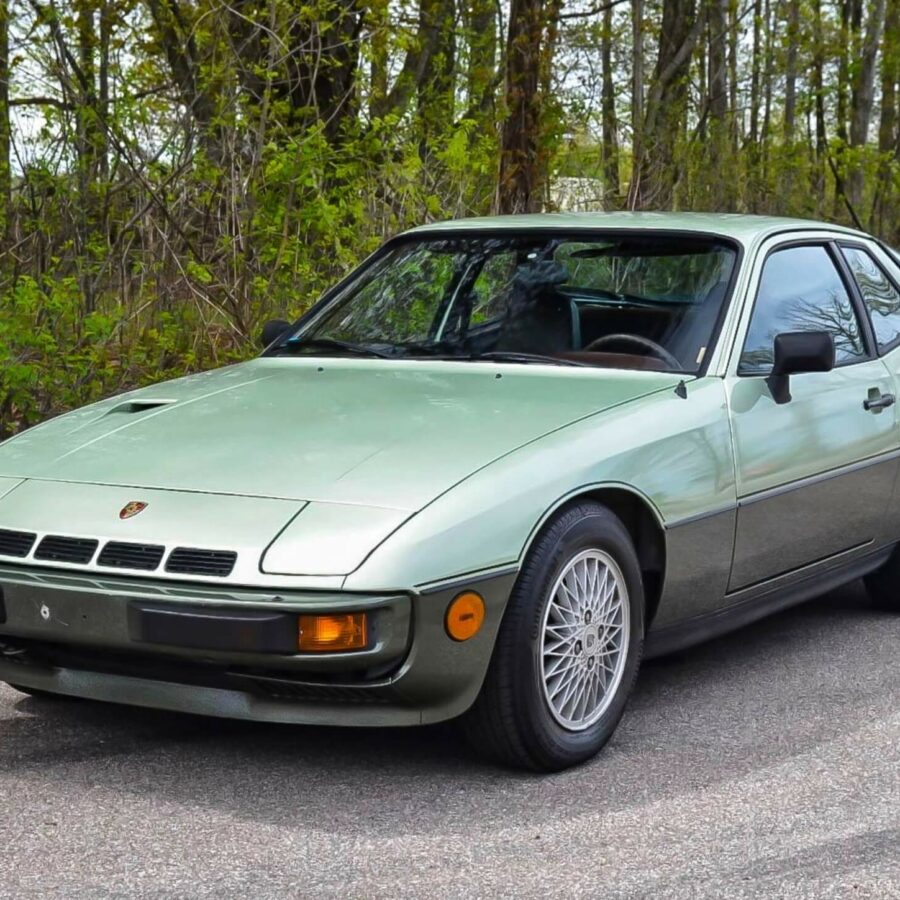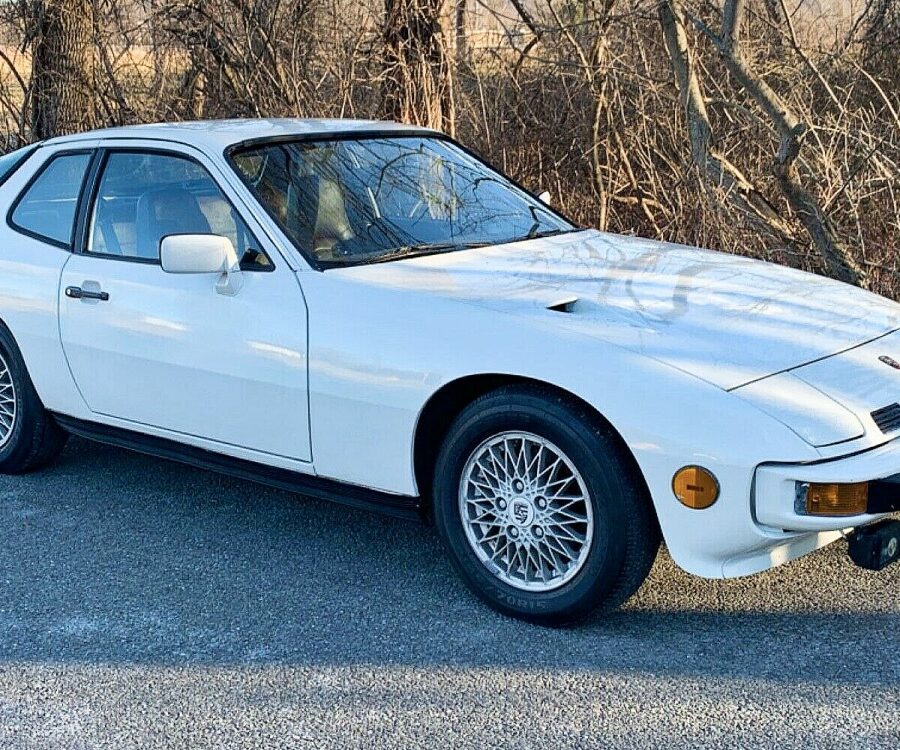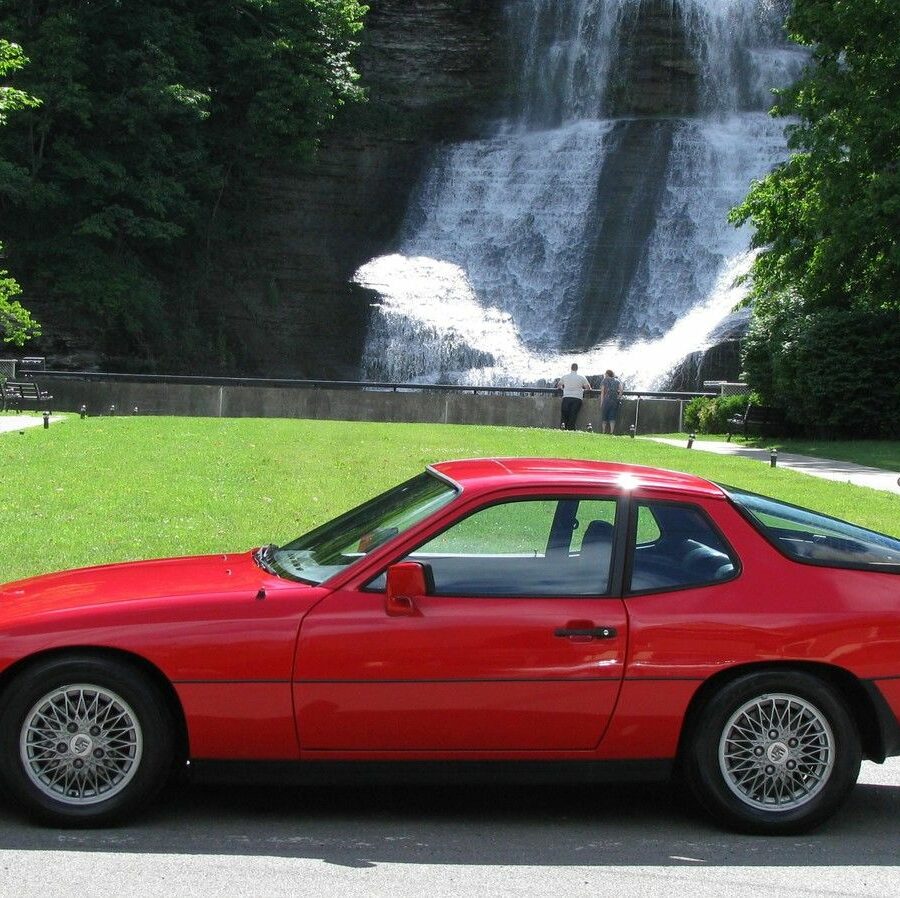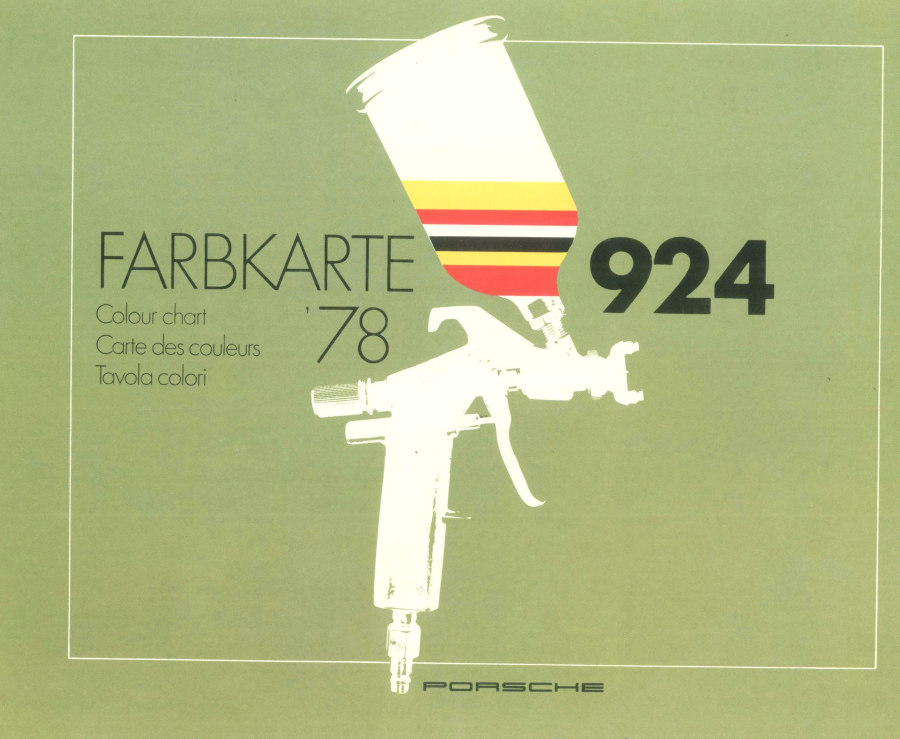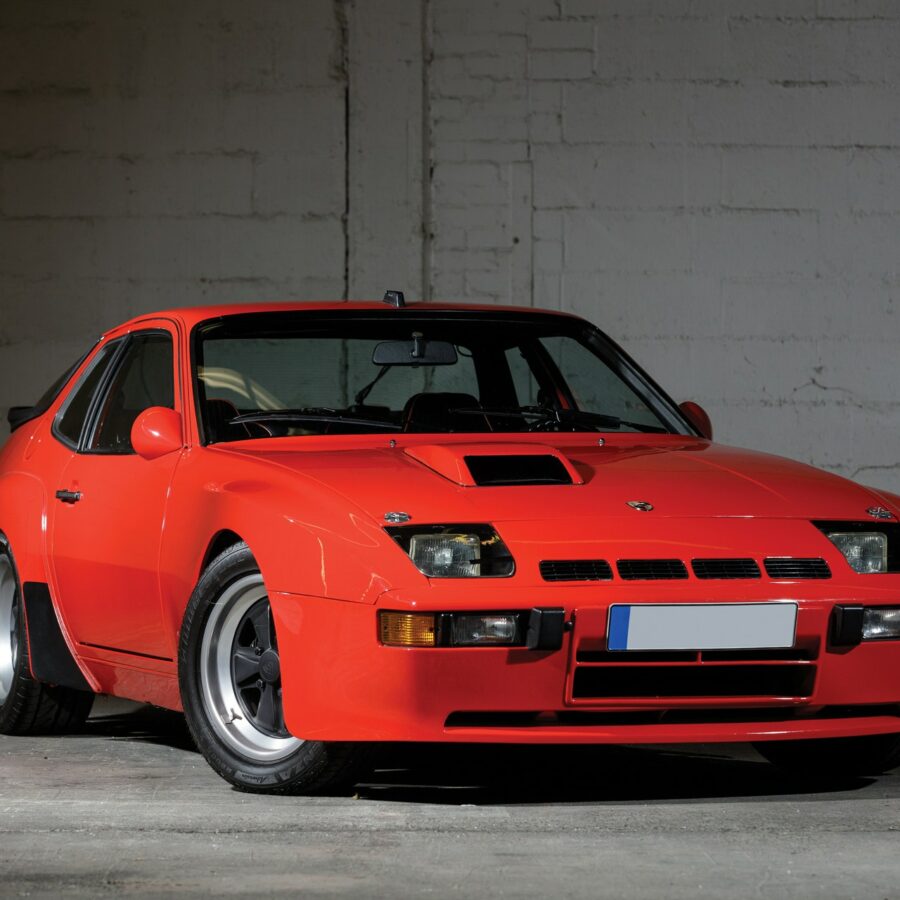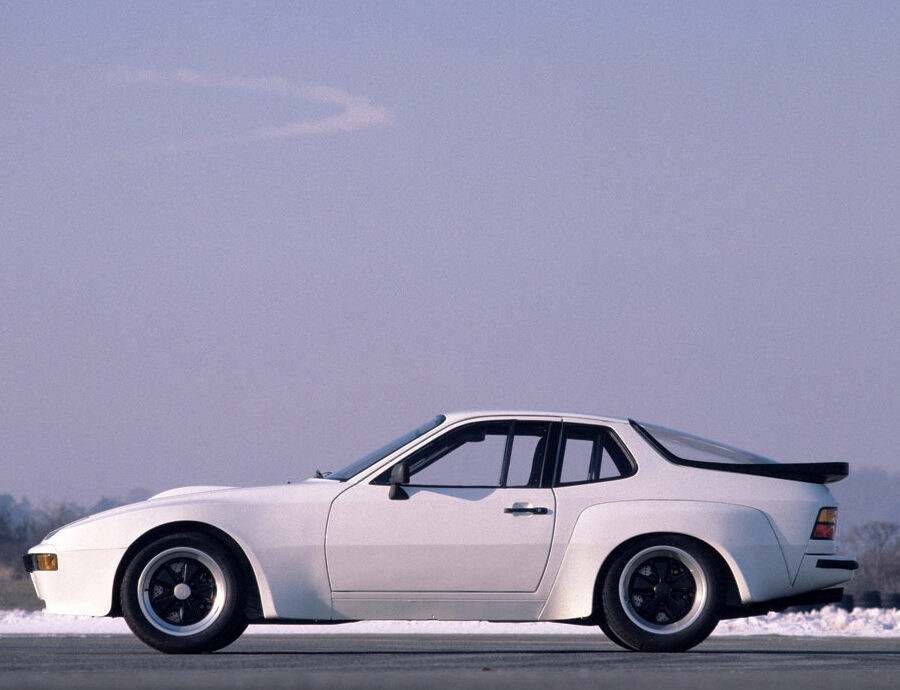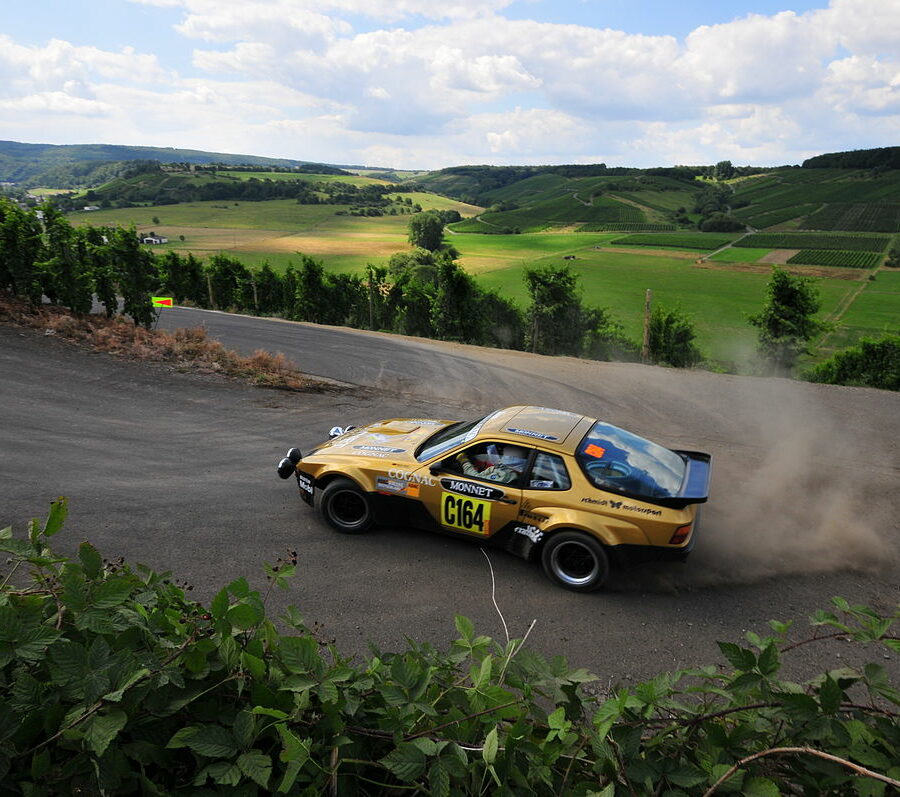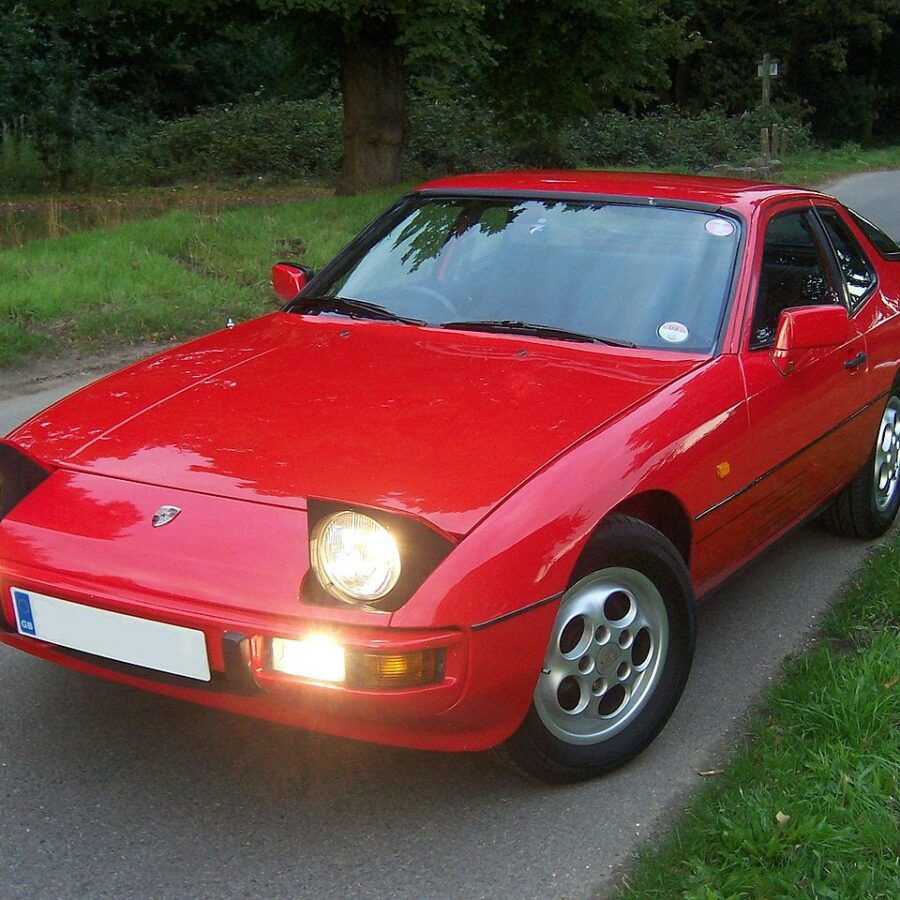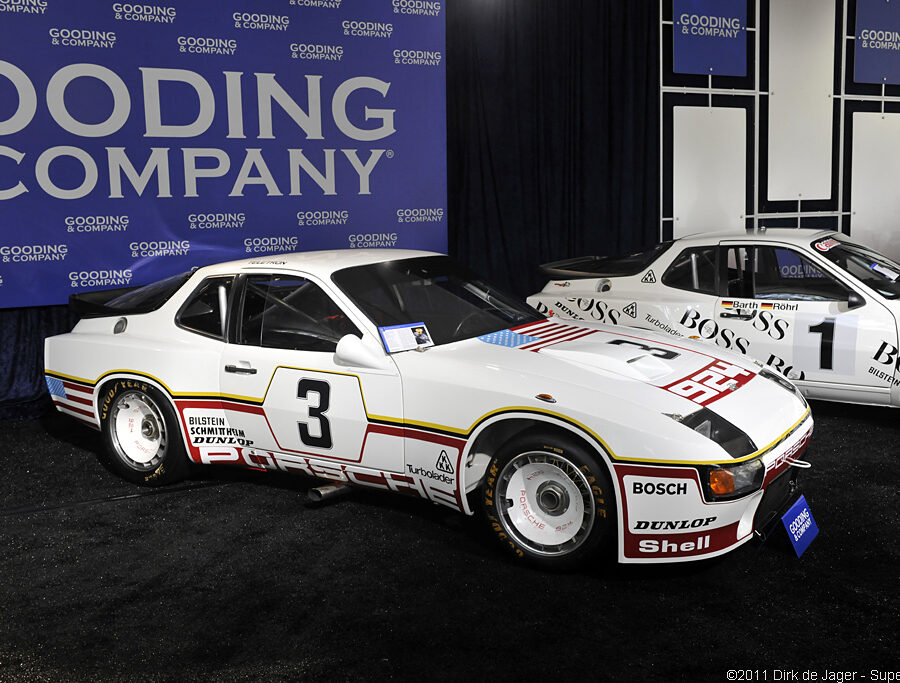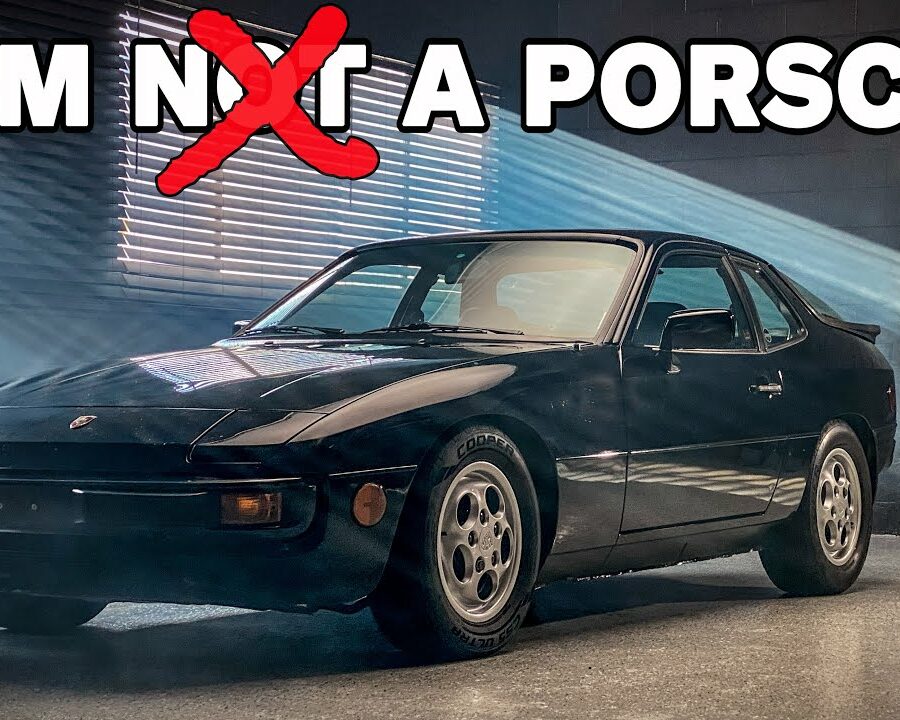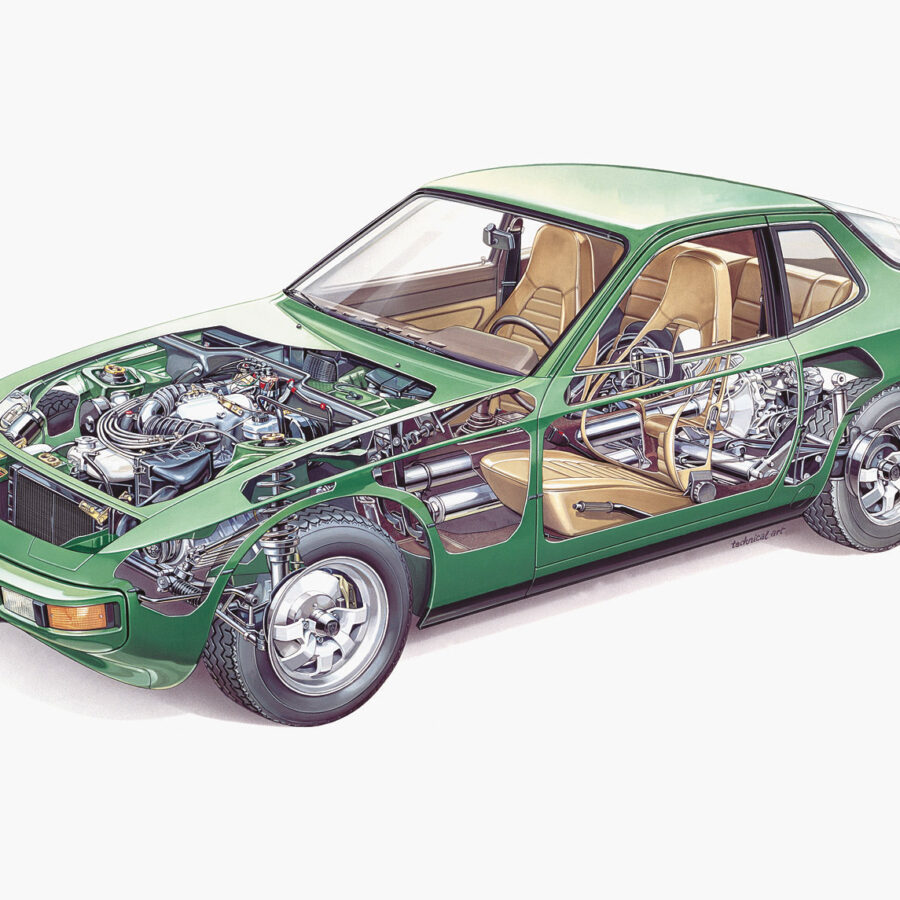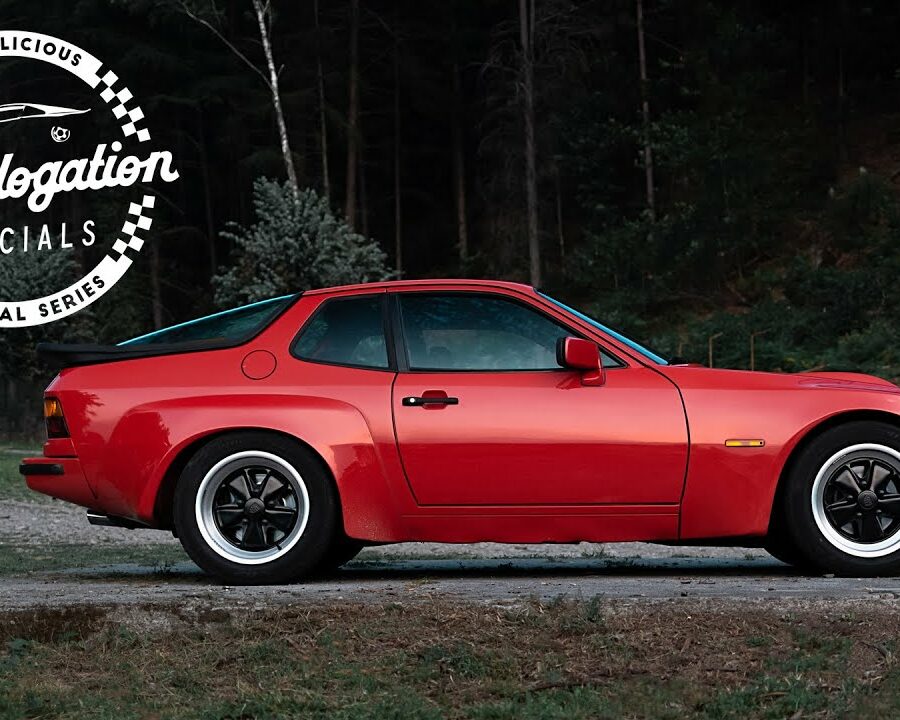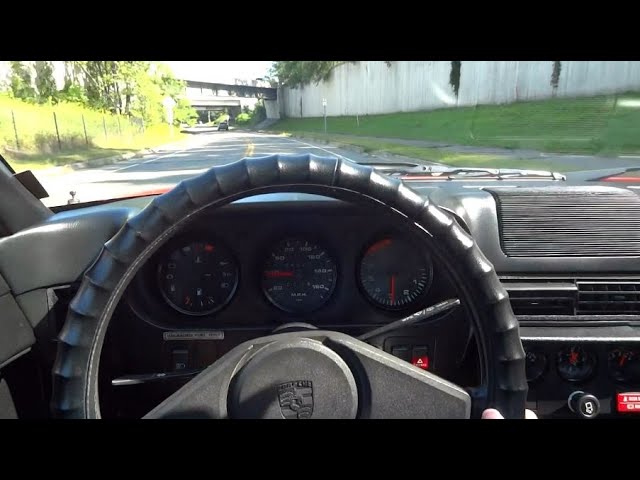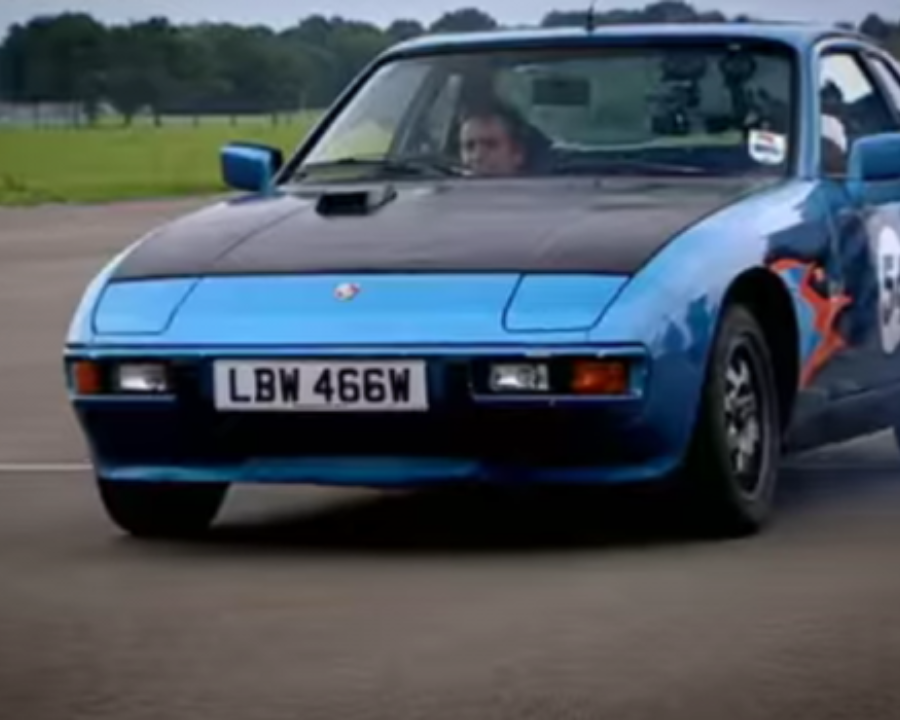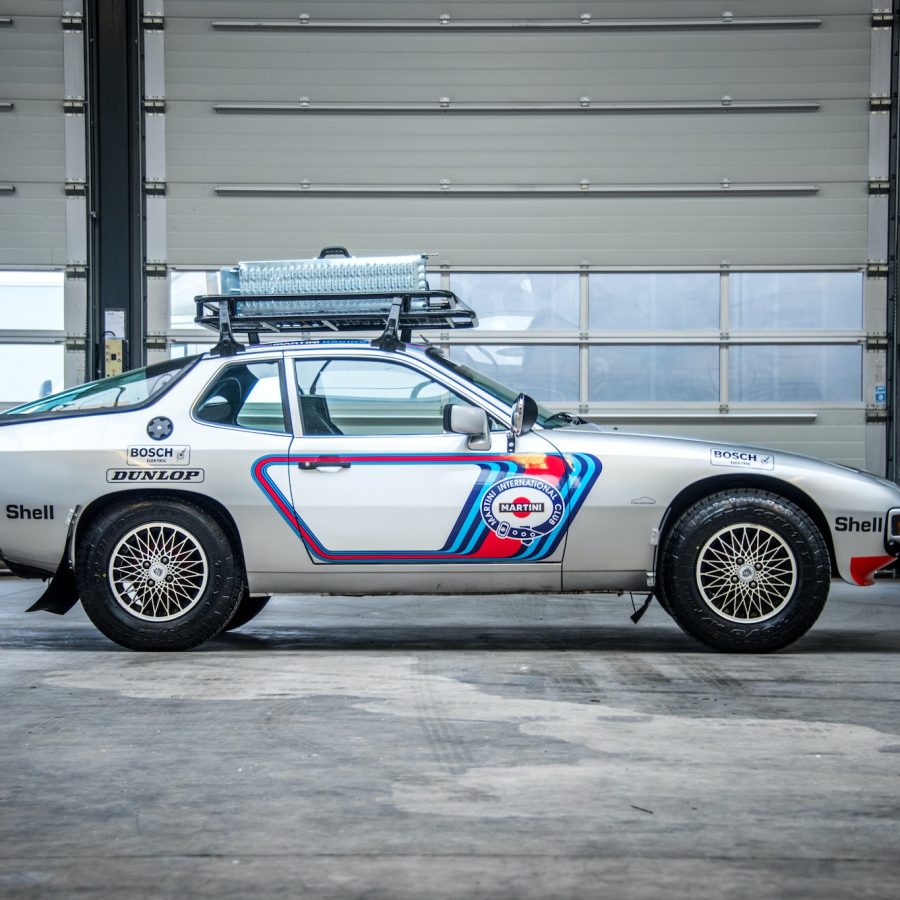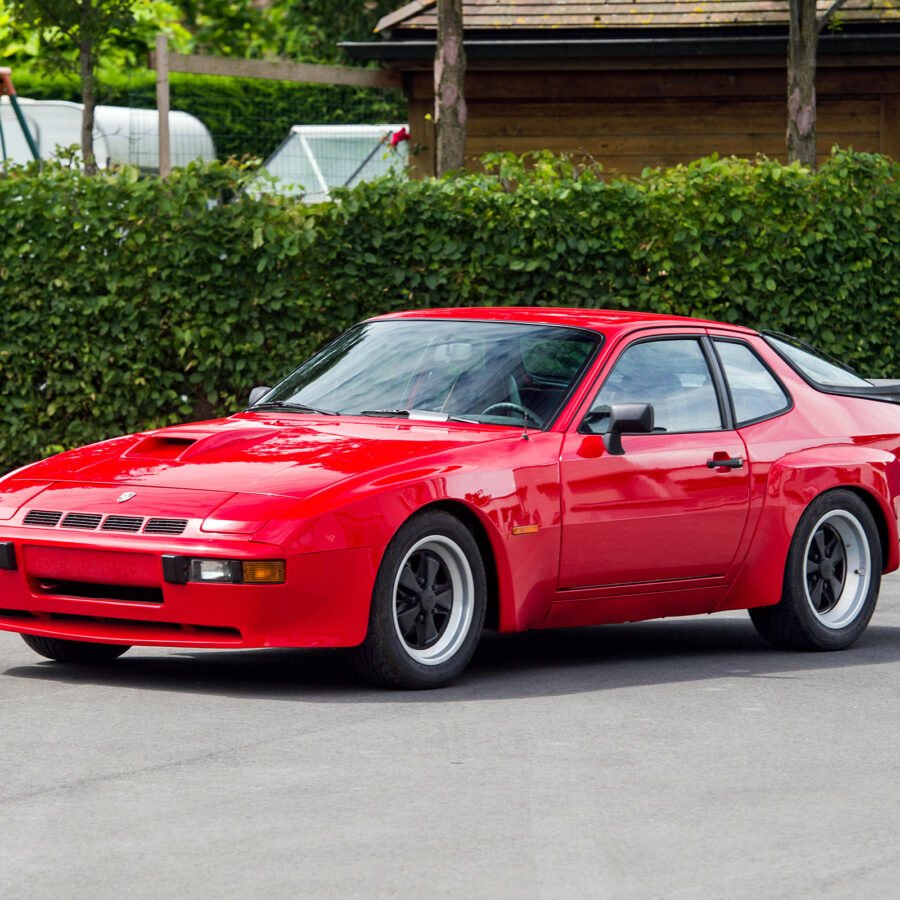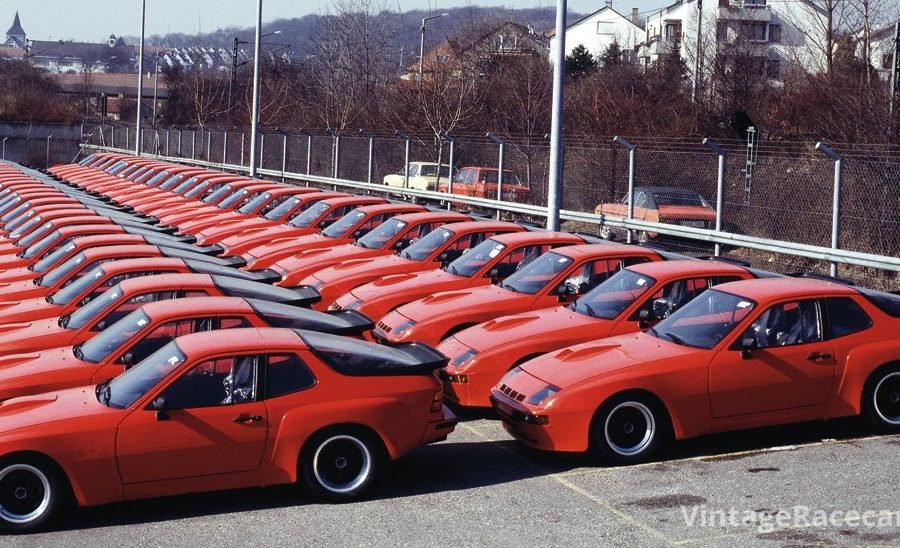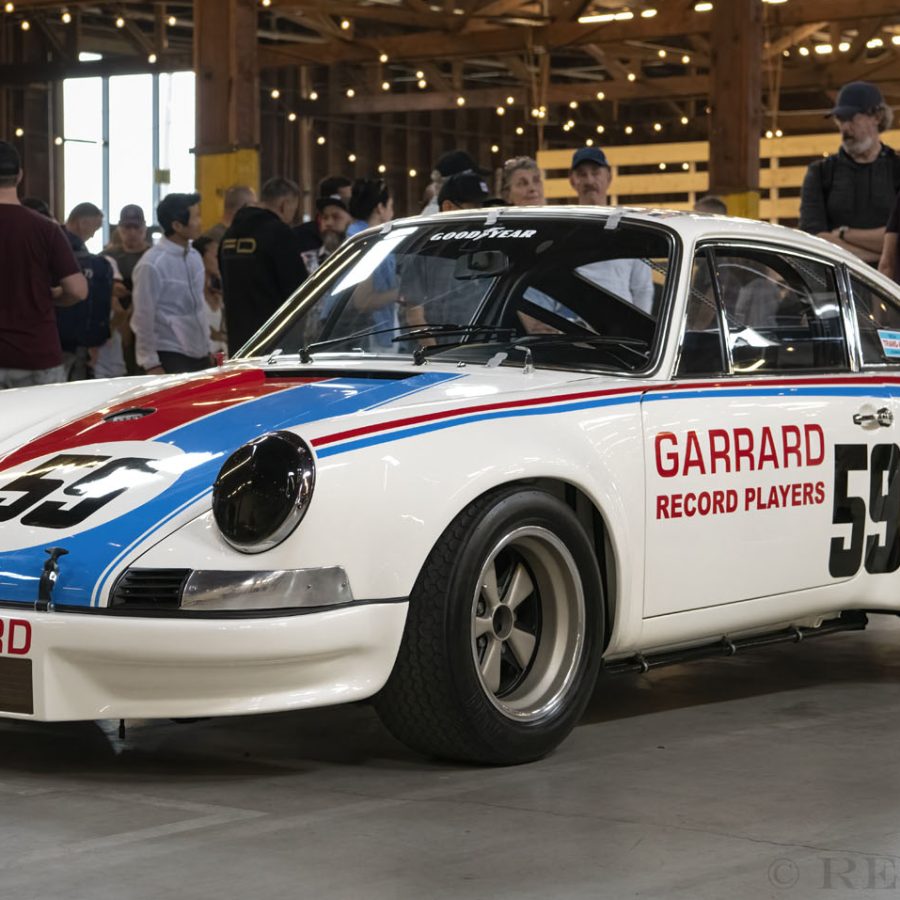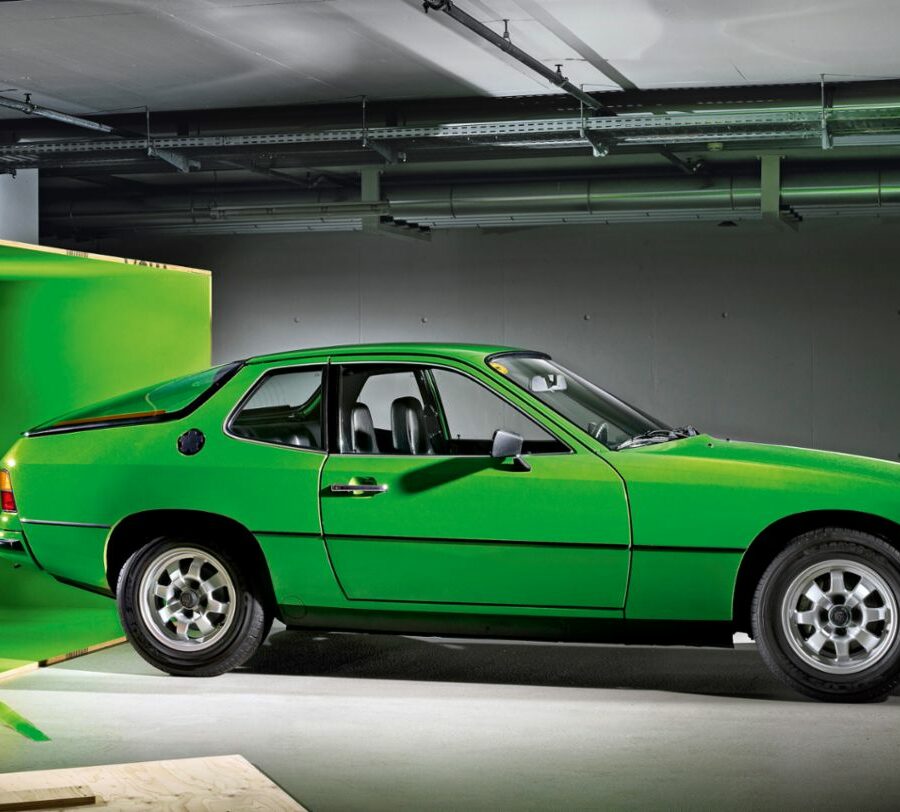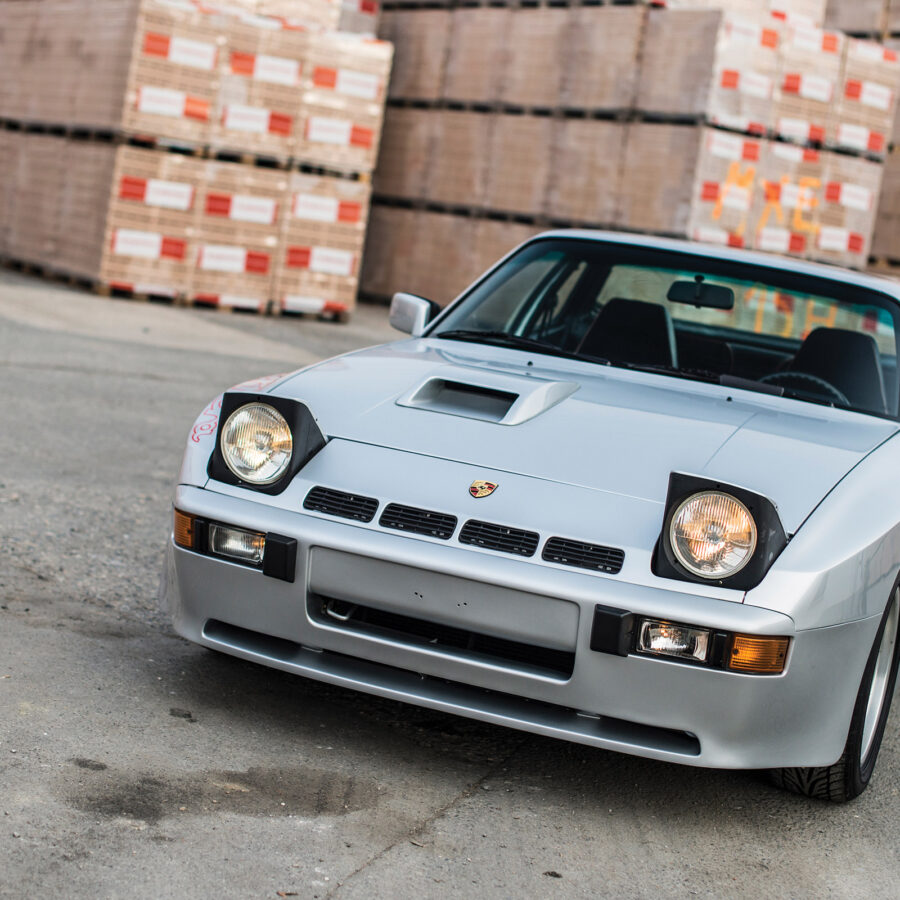Porsche 924 SCCA (924D) (1979)
These cars were designed by the factory to race in SCCA D Production Championship starting in 1979.
Porsche 924 Carrera GTR (1981)
The ultimate development of the 924 in its race trim was the 924 Carrera GTR race car
Porsche 924 (MY 1976) – Equipment & Options Codes
Full list of Equipment & Option Codes Decoder for the 1976 Porsche 924
Porsche 924 (MY 1977) – Equipment & Options Codes
Full list of Equipment & Option Codes Decoder for the 1977 Porsche 924
Porsche 924 (MY 1978) – Equipment & Options Codes
Full list of Equipment & Option Codes Decoder for the 1978 Porsche 924
Porsche 924 (MY 1979) – Equipment & Options Codes
Full list of Equipment & Option Codes Decoder for the 1979 Porsche 924
Porsche 924 (MY 1980) – Equipment & Options Codes
Full list of Equipment & Option Codes Decoder for the 1980 Porsche 924
Porsche 924 (MY 1981) – Equipment & Options Codes
Full list of Equipment & Option Codes Decoder for the 1981 Porsche 924
Porsche 924 (MY 1982) – Equipment & Options Codes
Full list of Equipment & Option Codes Decoder for the 1982 Porsche 924
Porsche 924 (MY 1983) – Equipment & Options Codes
Full list of Equipment & Option Codes Decoder for the 1983 Porsche 924
Porsche 924 (MY 1984) – Equipment & Options Codes
Full list of Equipment & Option Codes Decoder for the 1984 Porsche 924
Porsche 924 (MY 1985) – Equipment & Options Codes
Full list of Equipment & Option Codes Decoder for the 1985 Porsche 924
Porsche 924 (MY 1986) – Equipment & Options Codes
Full list of Equipment & Option Codes Decoder for the 1986 Porsche 924
Porsche 924 (MY 1987) – Equipment & Options Codes
Full list of Equipment & Option Codes Decoder for the 1987 Porsche 924
Porsche 924 (MY 1988) – Equipment & Options Codes
Full list of Equipment & Option Codes Decoder for the 1988 Porsche 924
Porsche 924 (MY 1976-1979) – Part Catalog
Spare Parts Catalog (Porsche PET) for the Porsche 924
Porsche 924 (MY 1980-1985) – Part Catalog
Spare Parts Catalog (Porsche PET) for the Porsche 924
Porsche 924 (MY 1986-1988) – Part Catalog
Spare Parts Catalog (Porsche PET) for the Porsche 924
Porsche 924 – Sales Brochures
Sales Catalogs for the Porsche 924
The Porsche 924 Story
The need for an affordable Porsche
Porsche 924 (All Years) – Paint Colors (Exterior & Interior)
Color Options and Samples
Luftgekühlt spin-off Air-Water show comes to SoCal
Tickets now available for Air | Water, April 27, 2024
Air | Water’s SoCal debut makes a splash
The second iteration reflects a dedicated and growing following
Porsche 924 Turbo Targa Prototype
The feasibility study you never knew about
Ultra-Rare Porsche 924 Carrera GTR at Auction
One of only 17 examples made and never race


